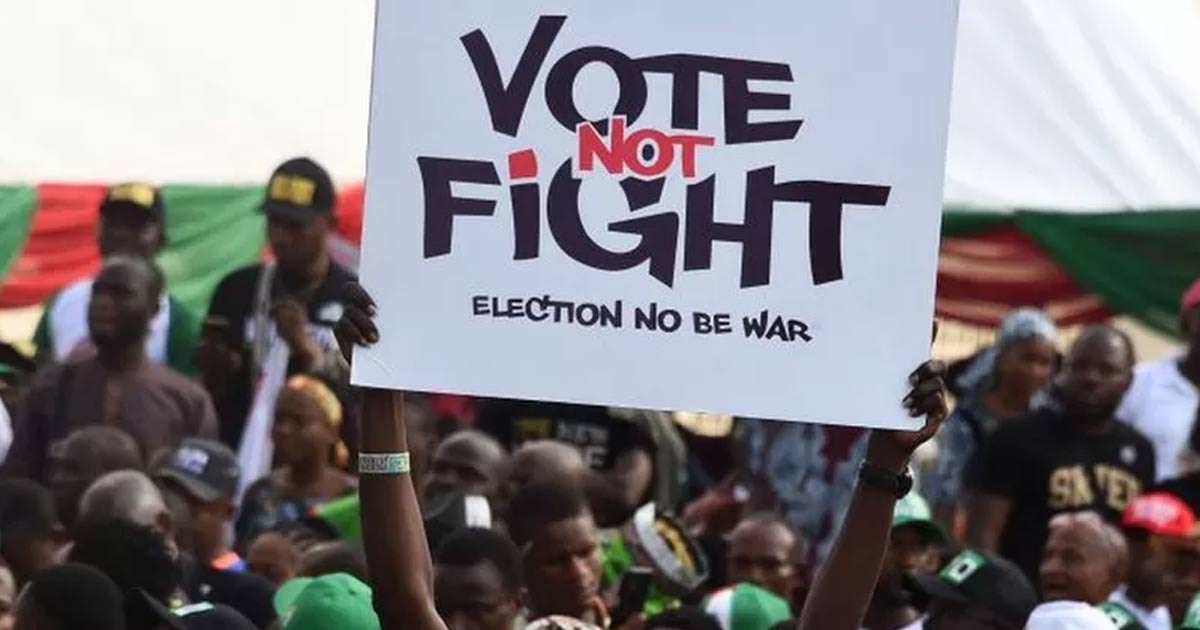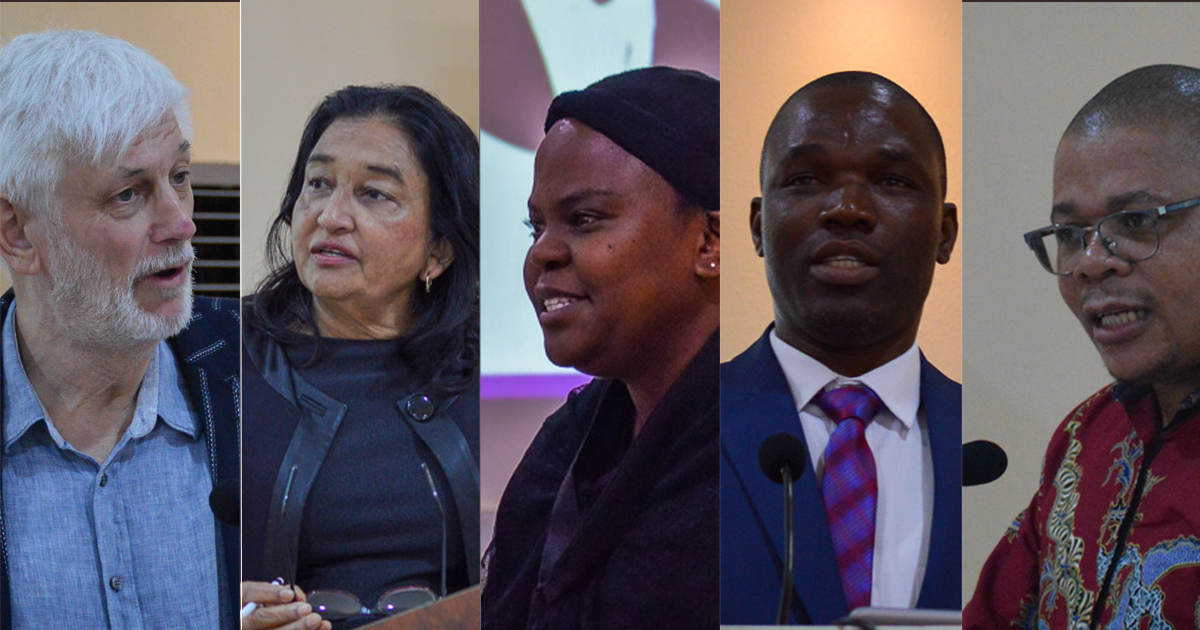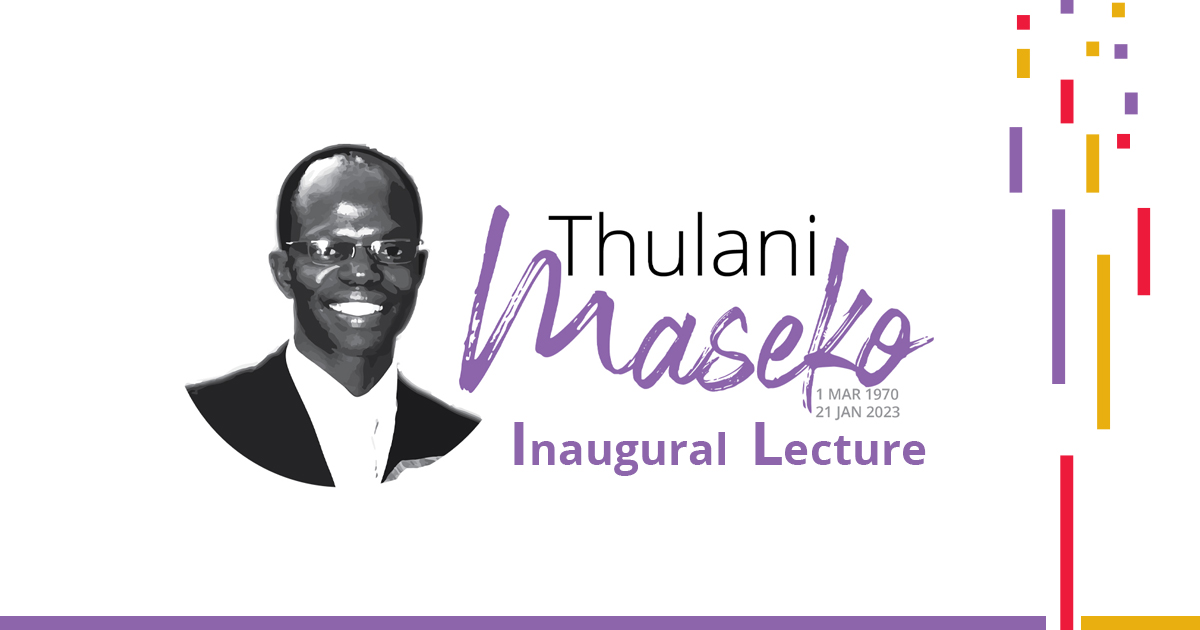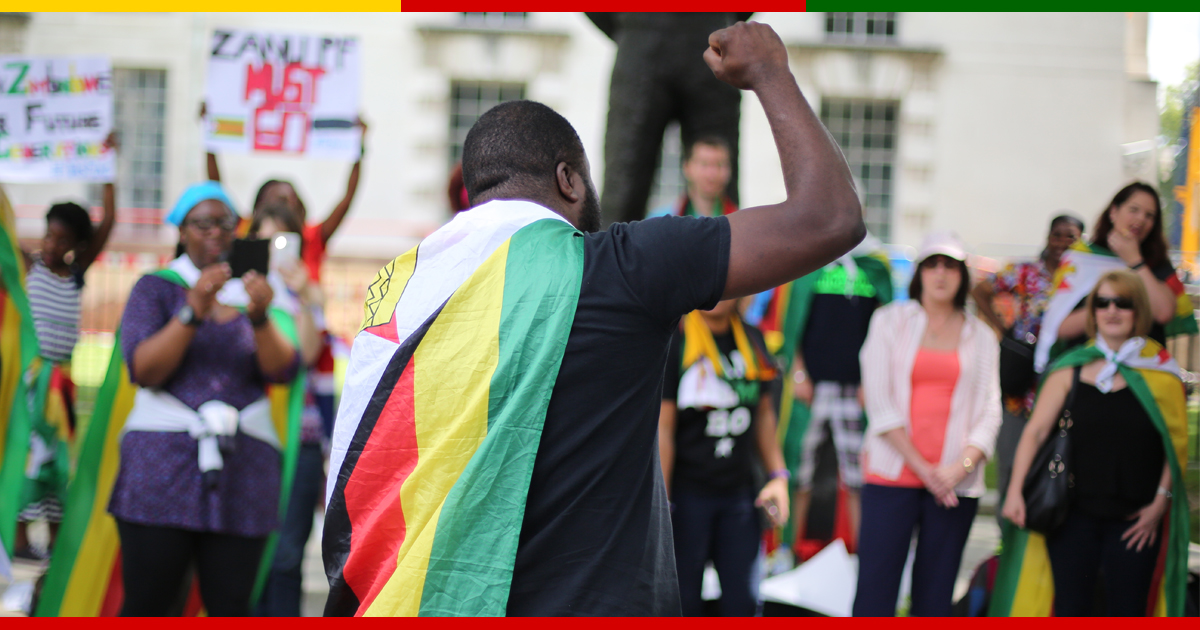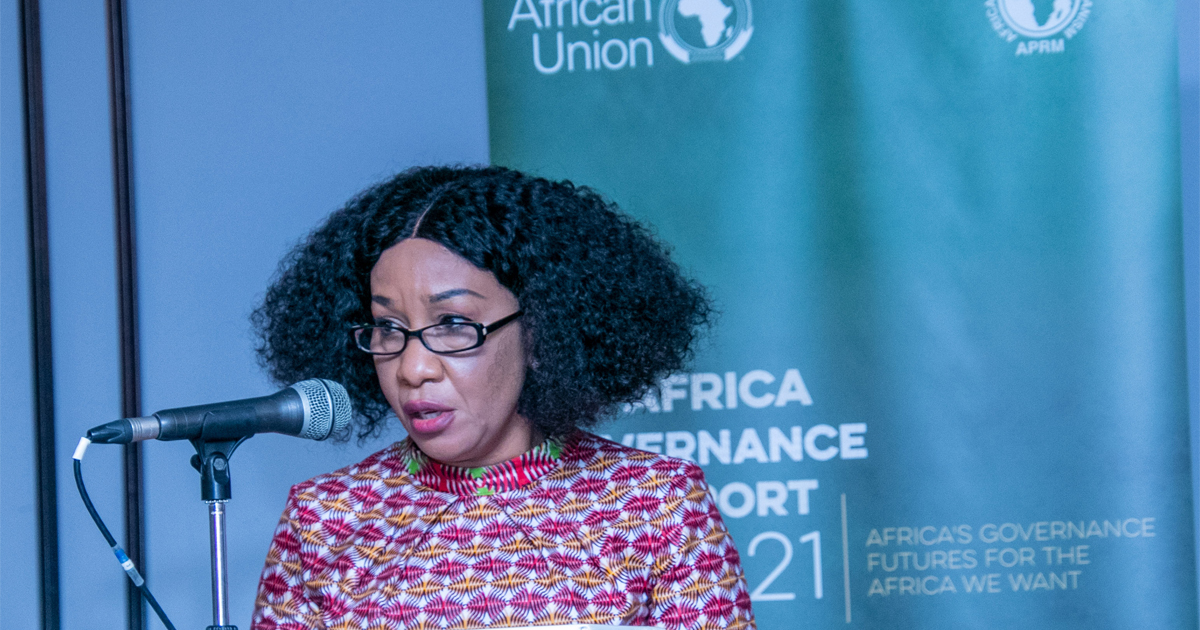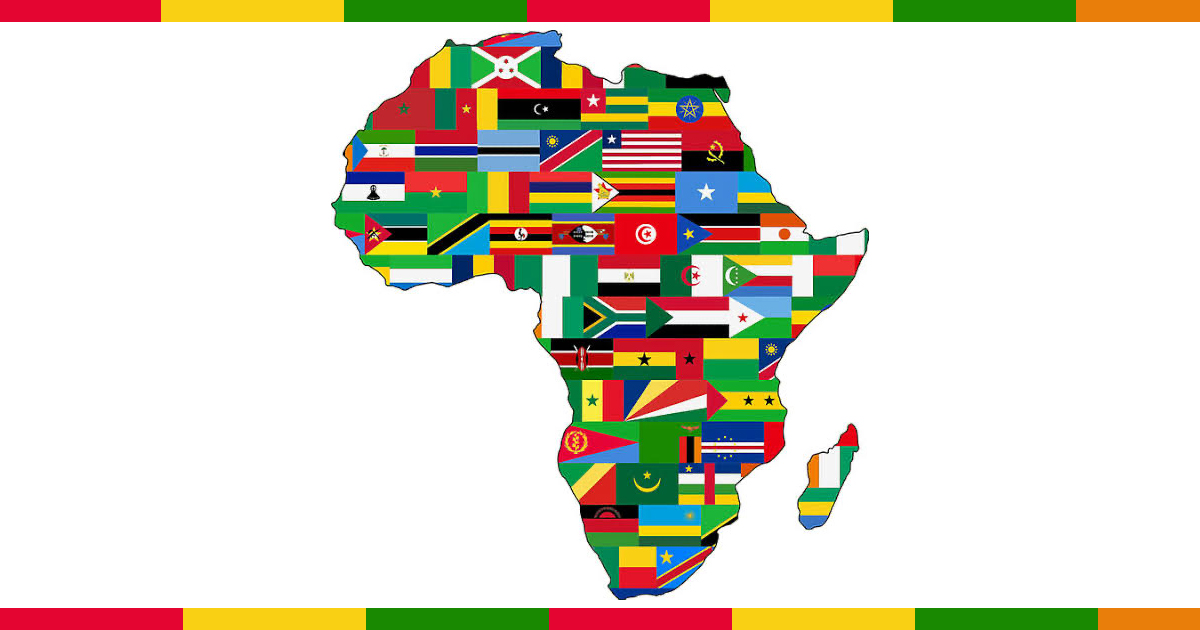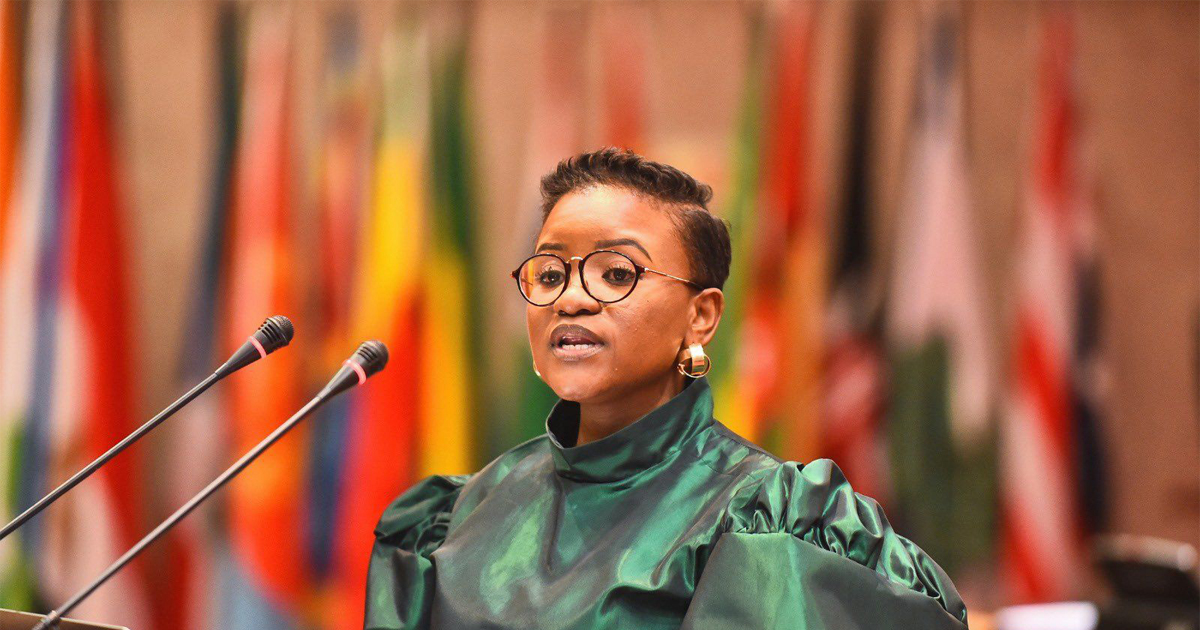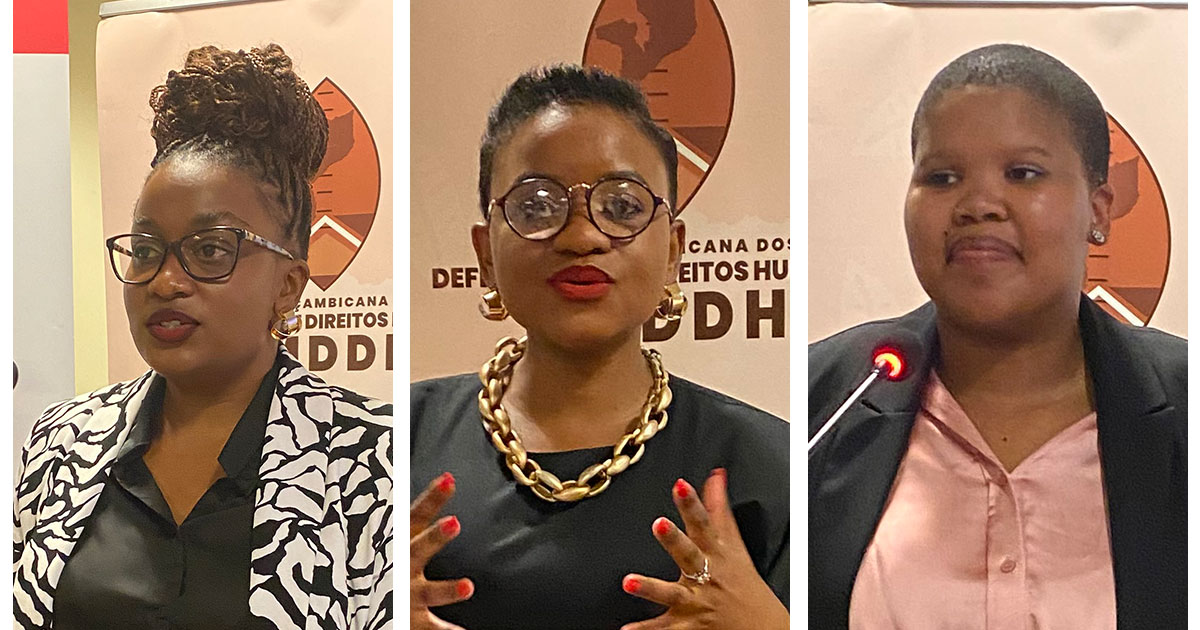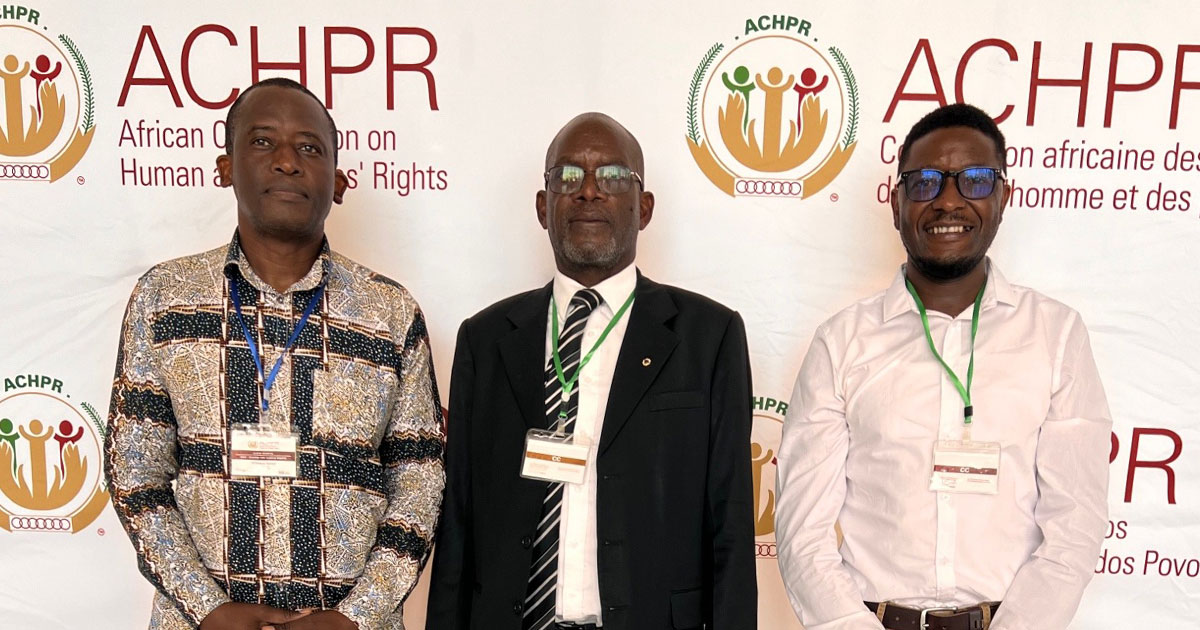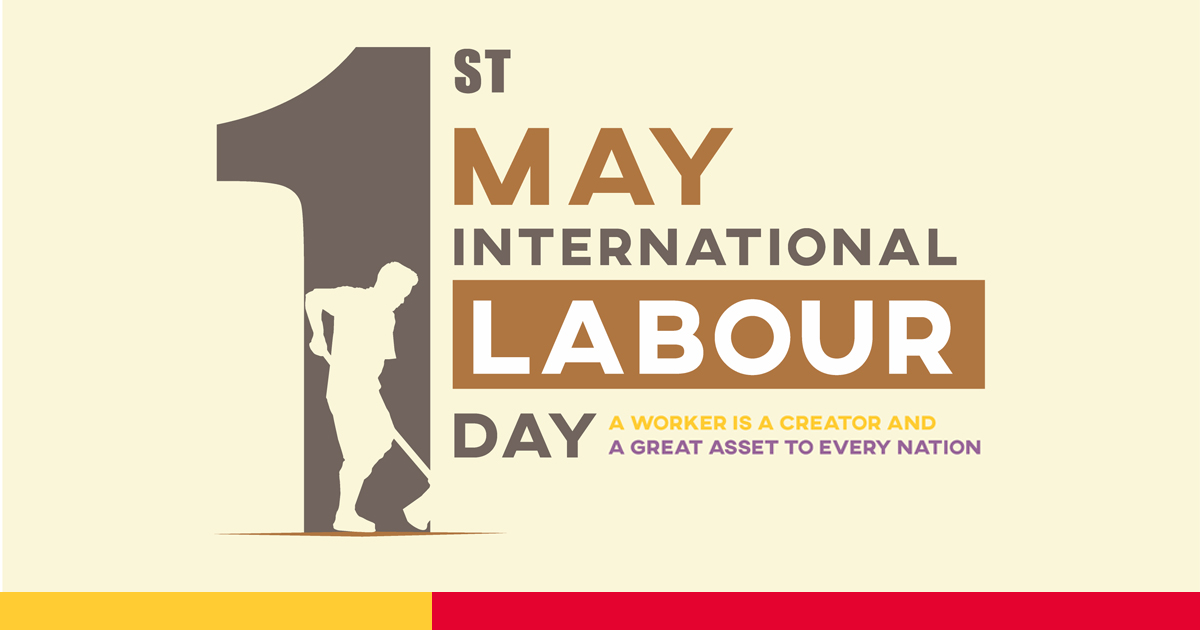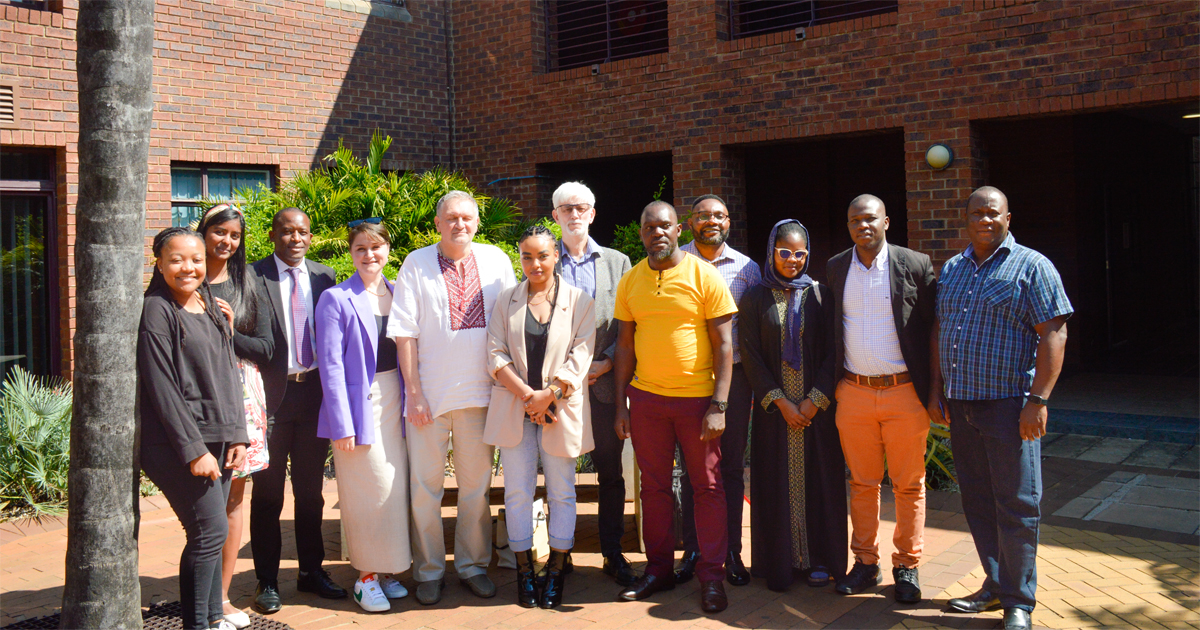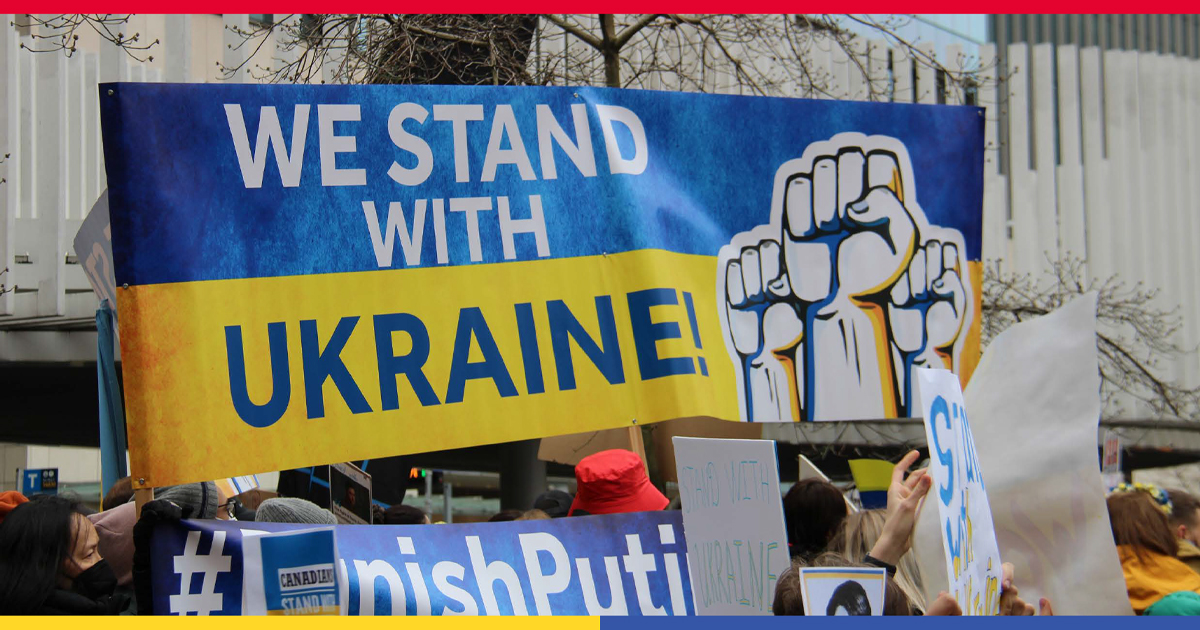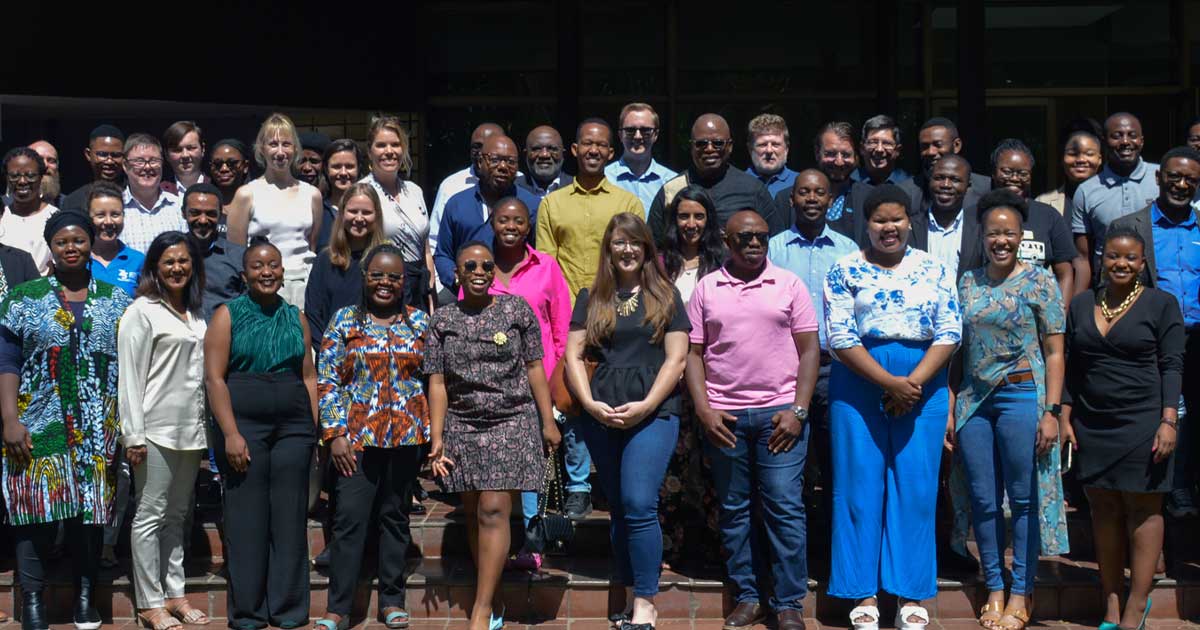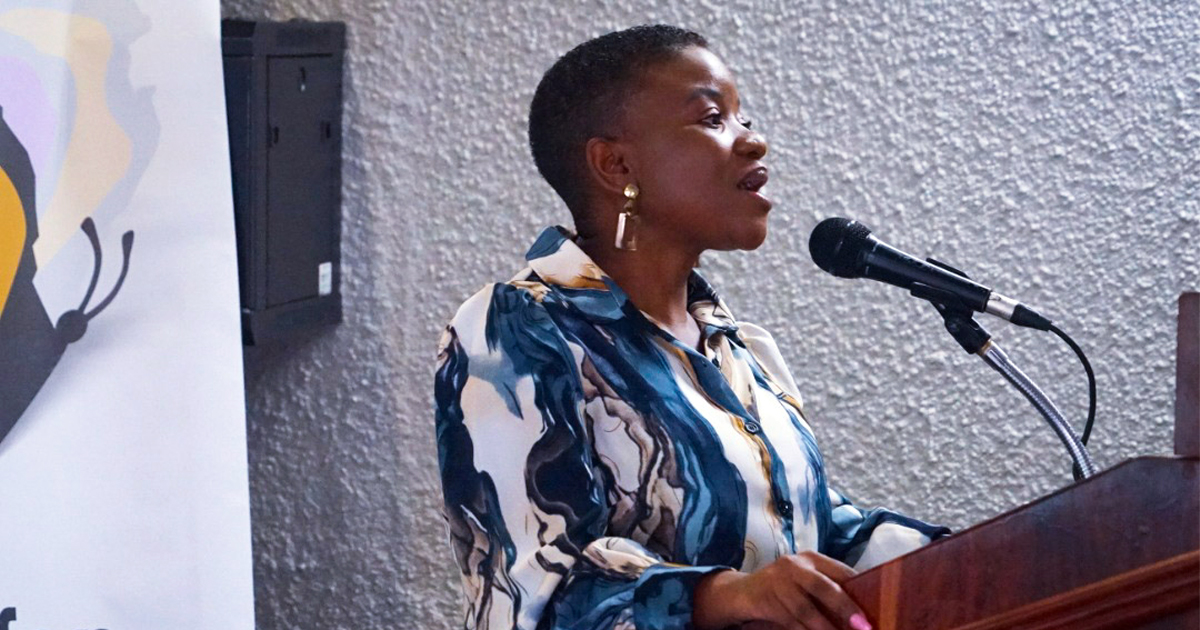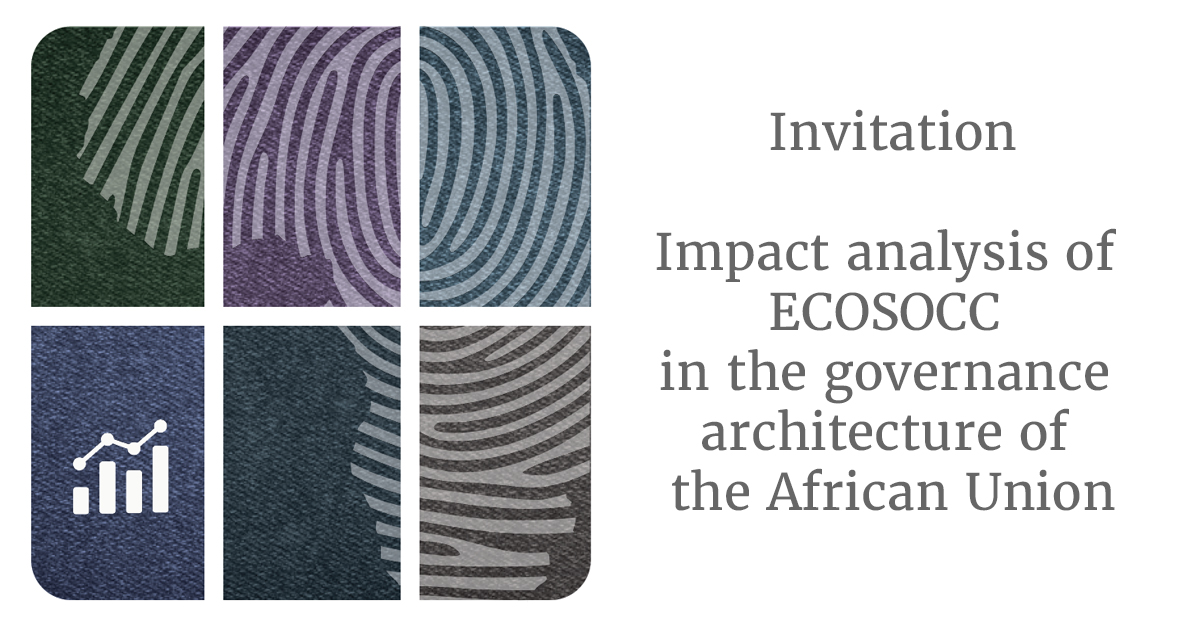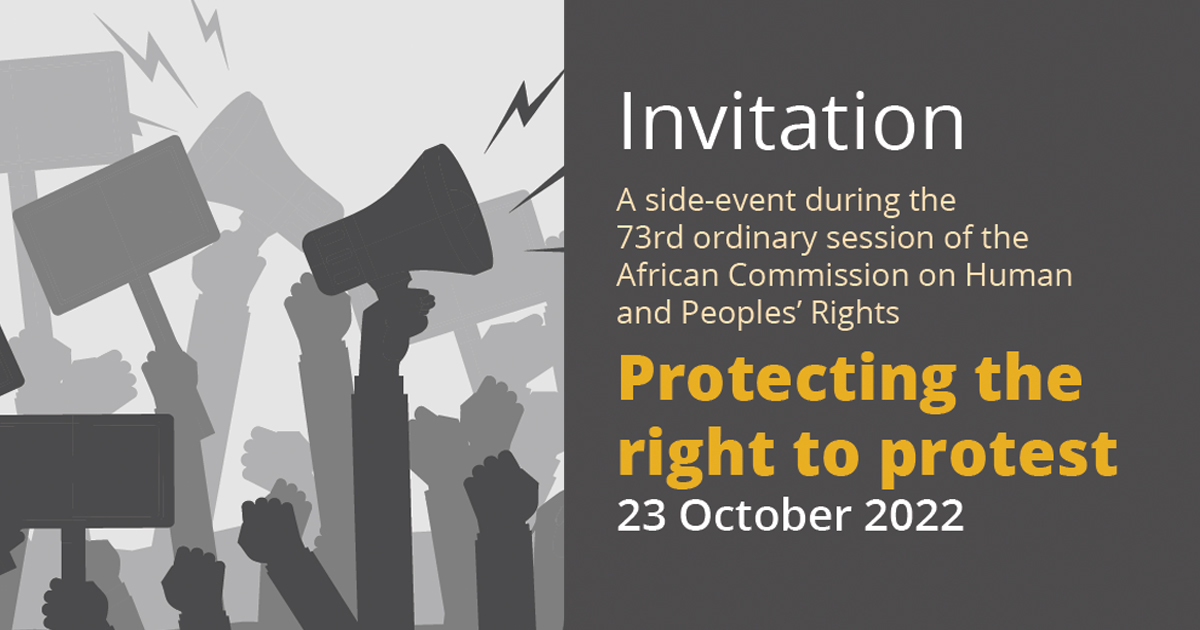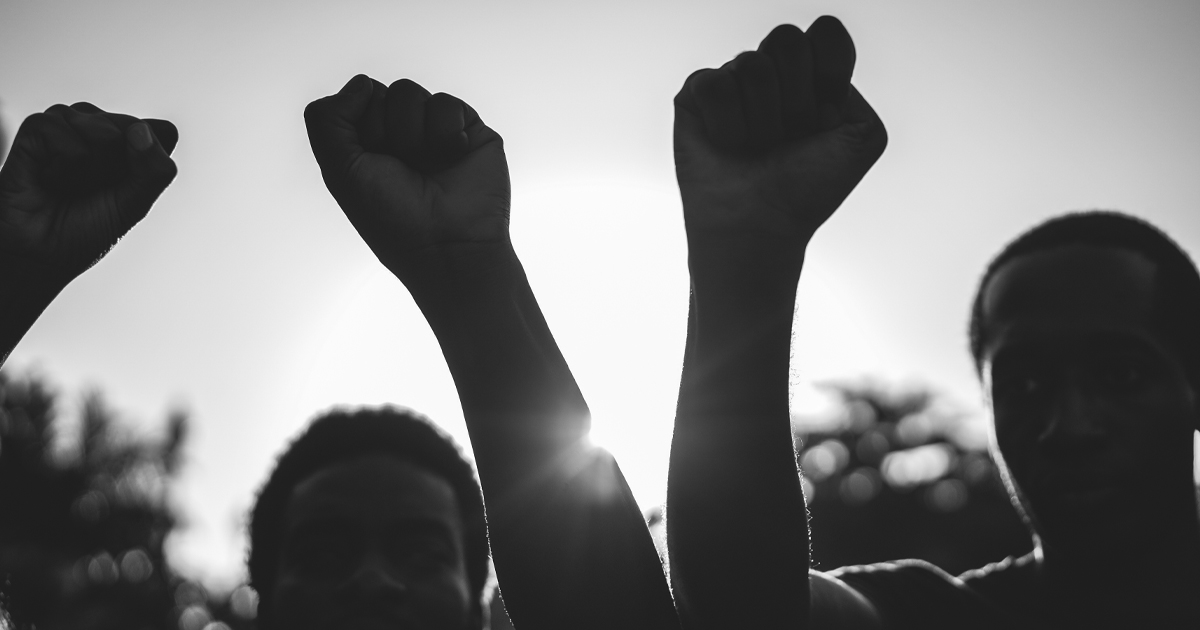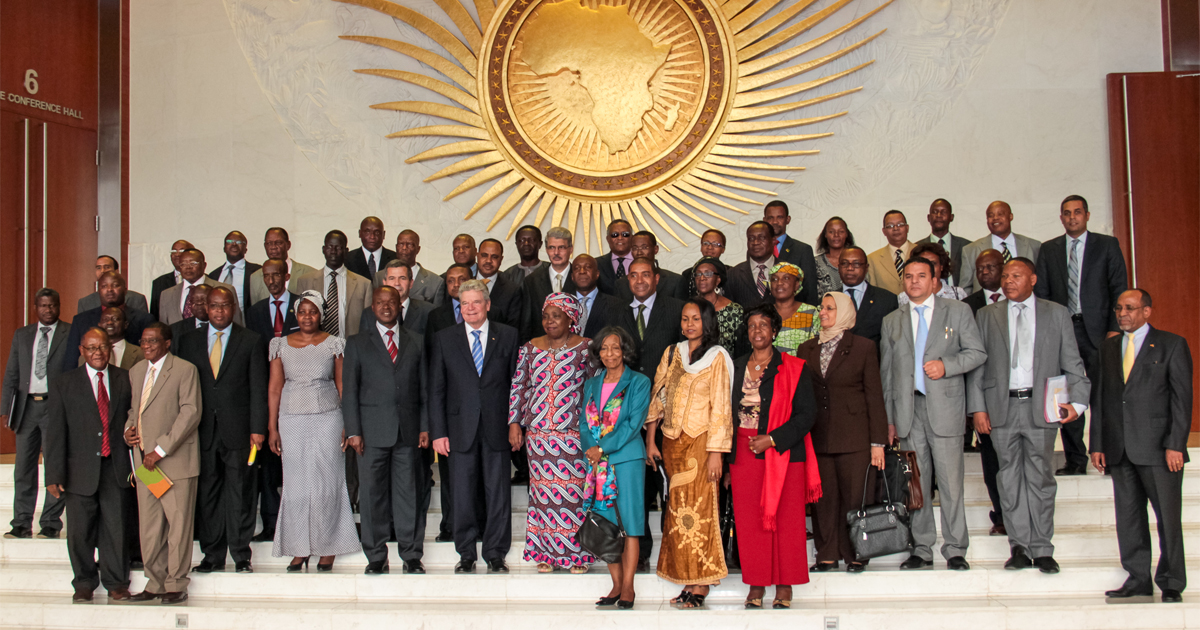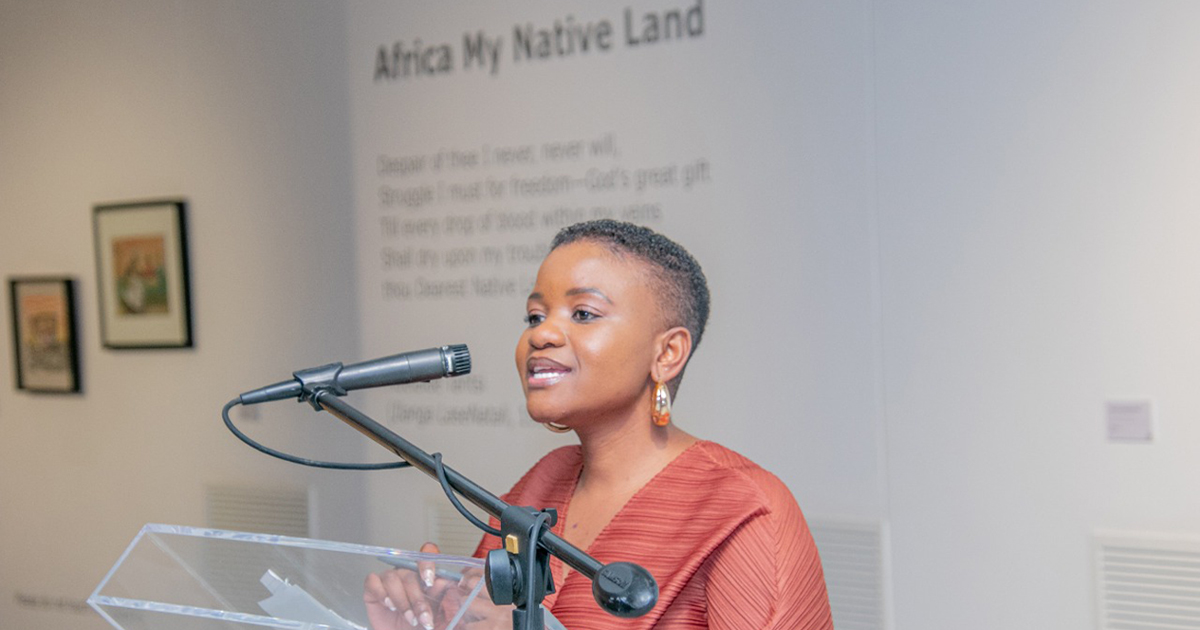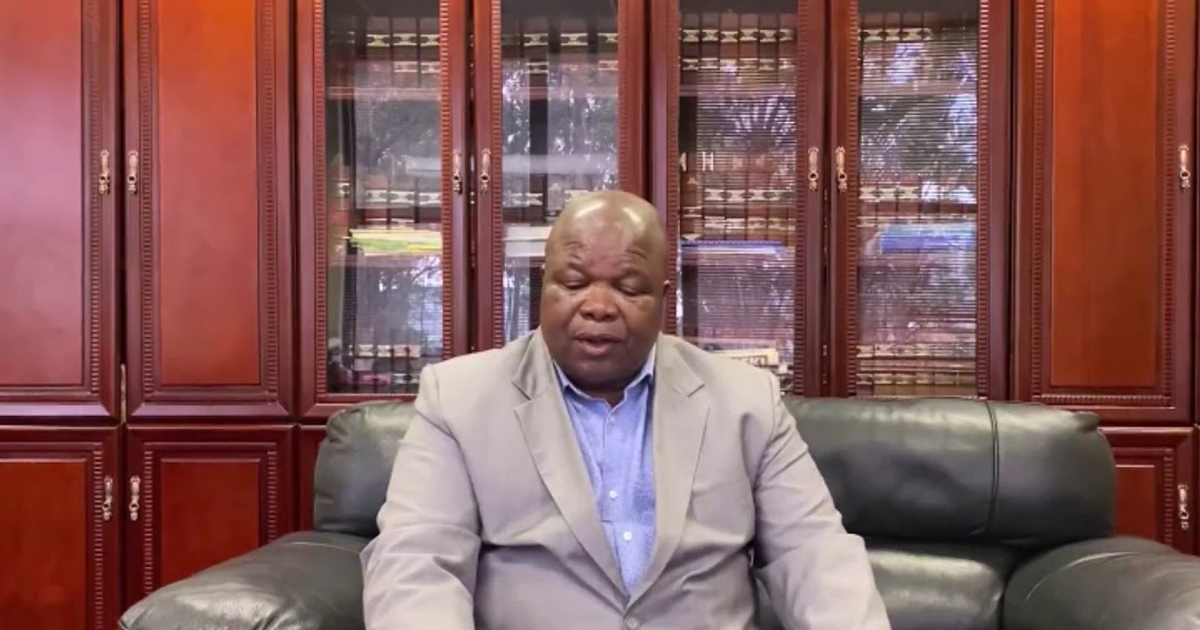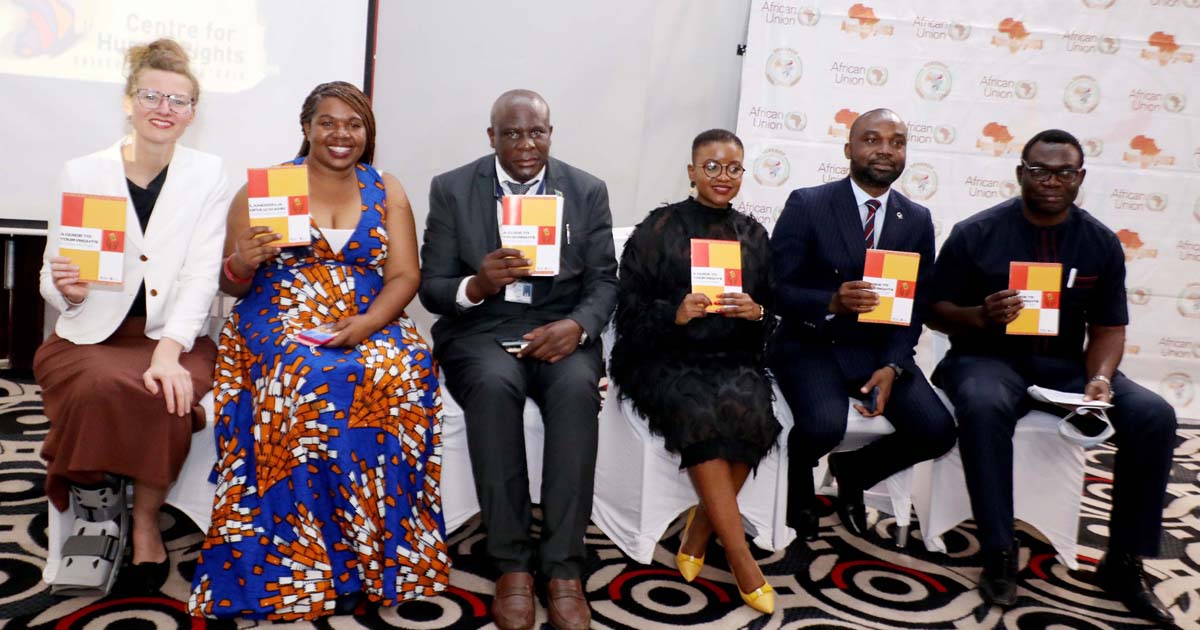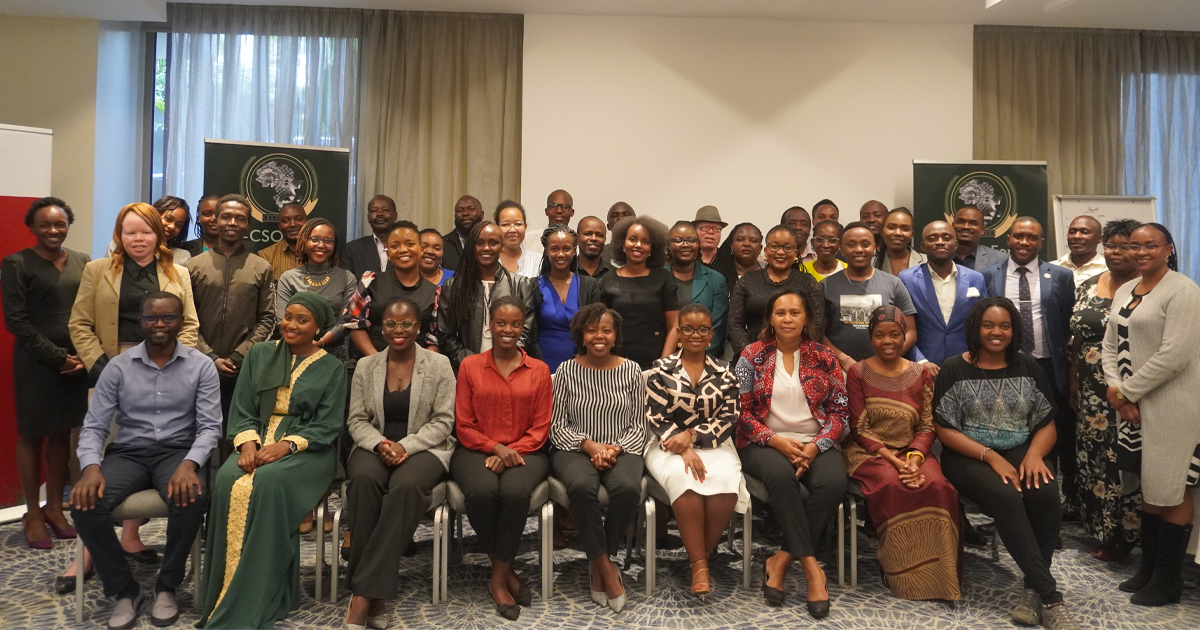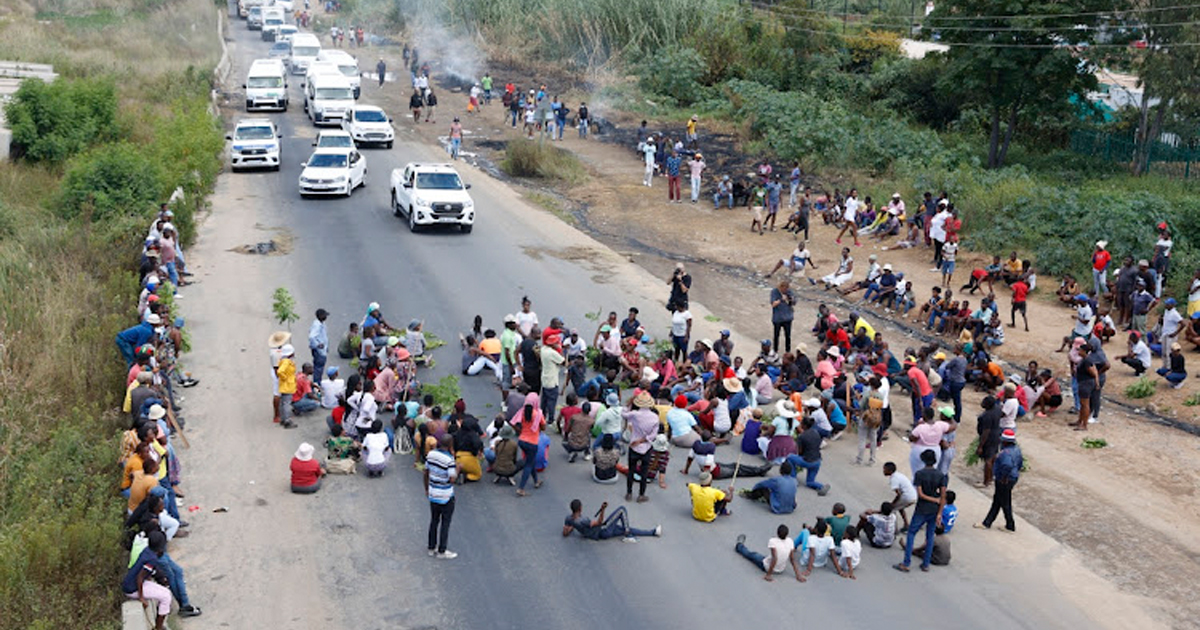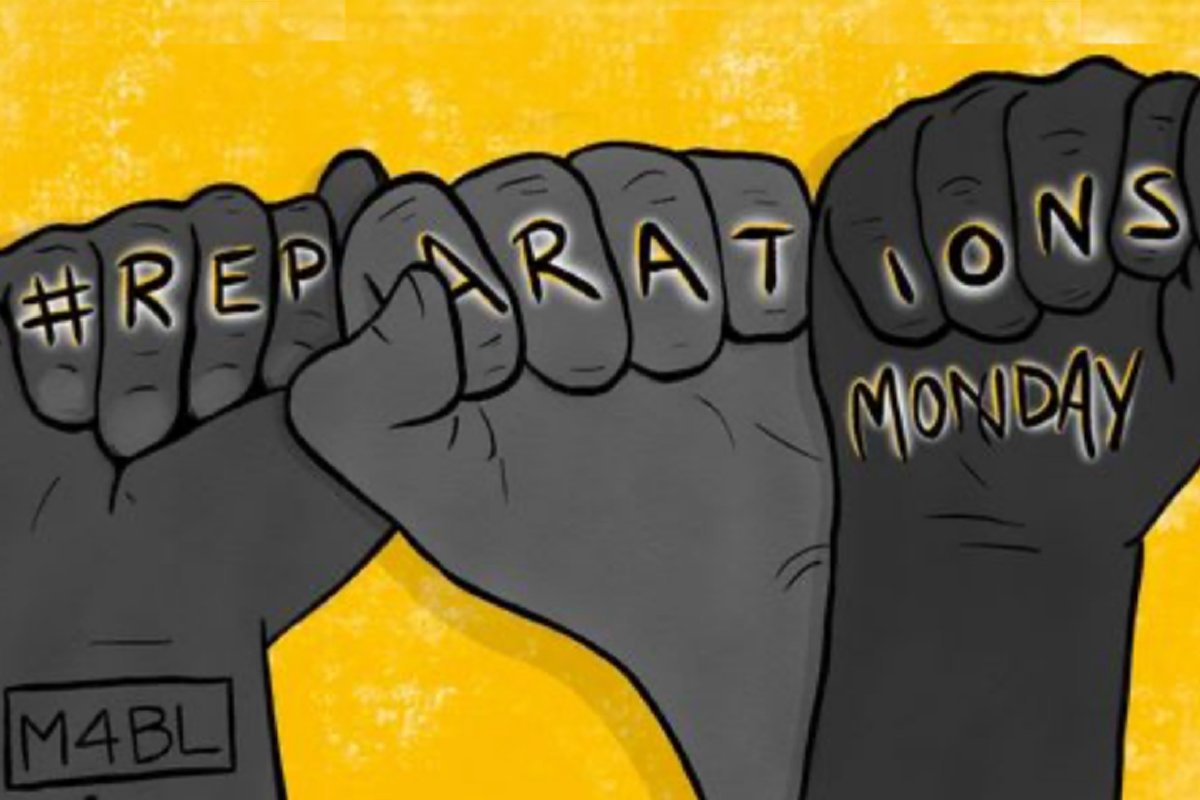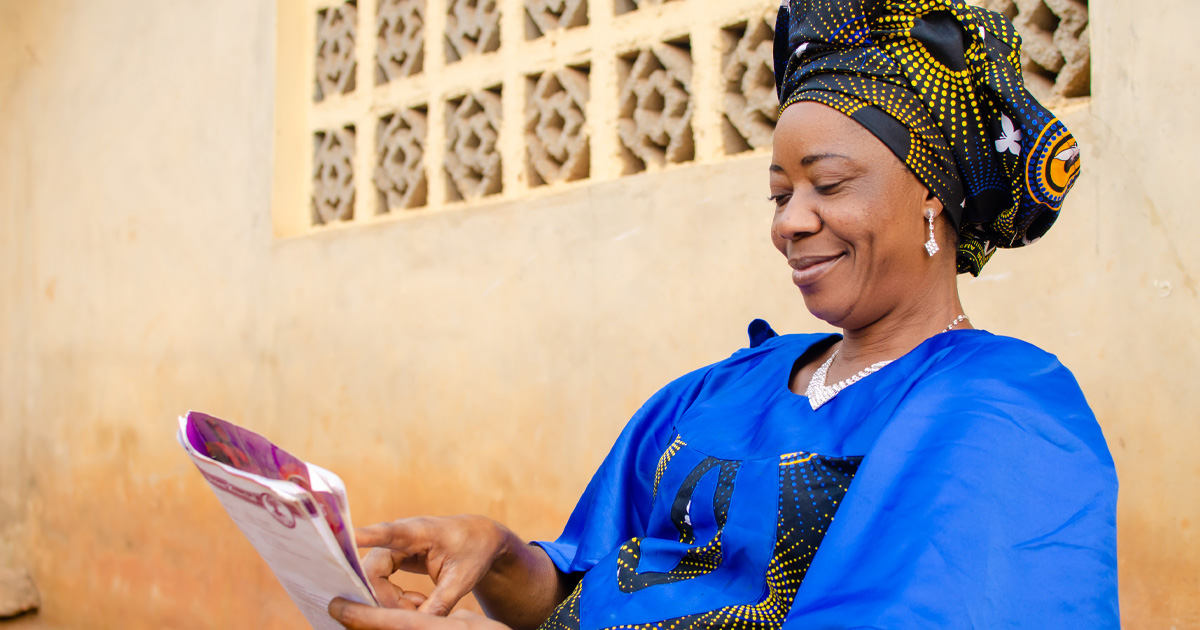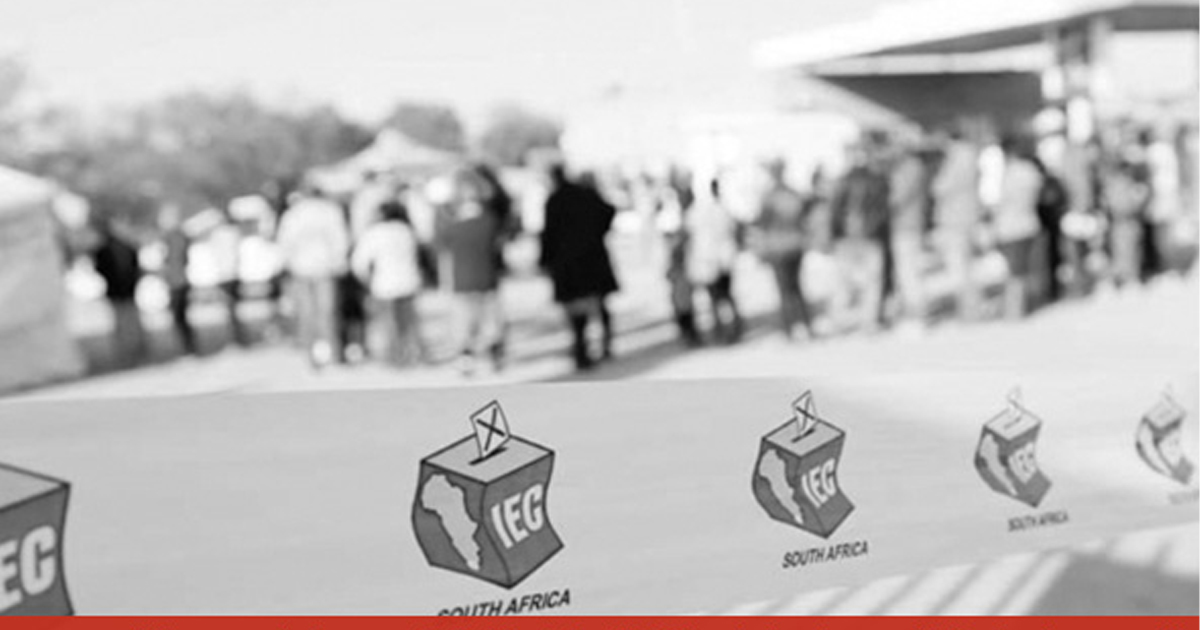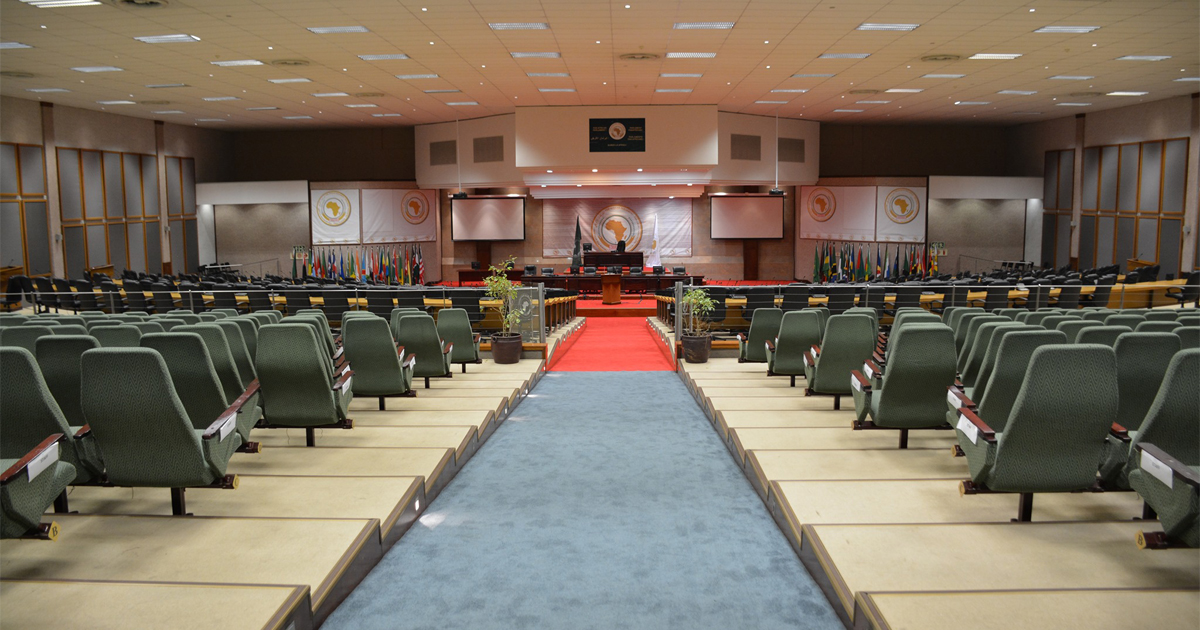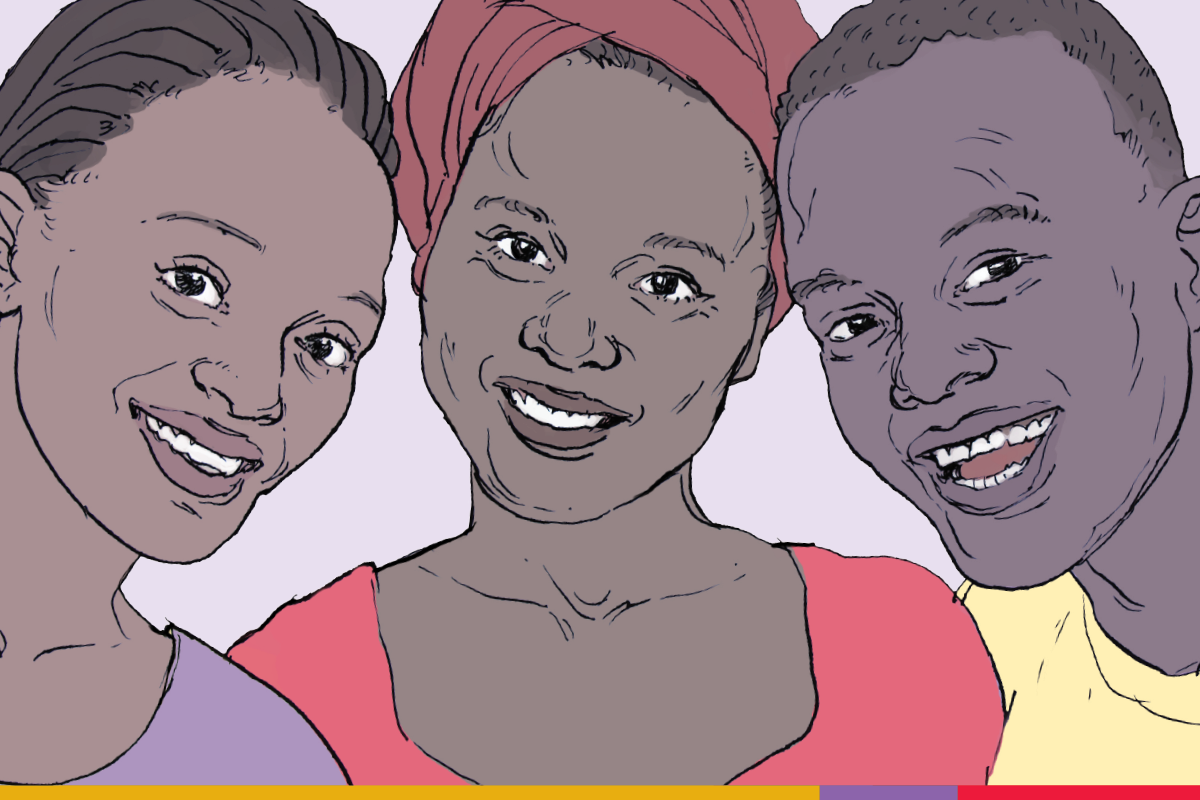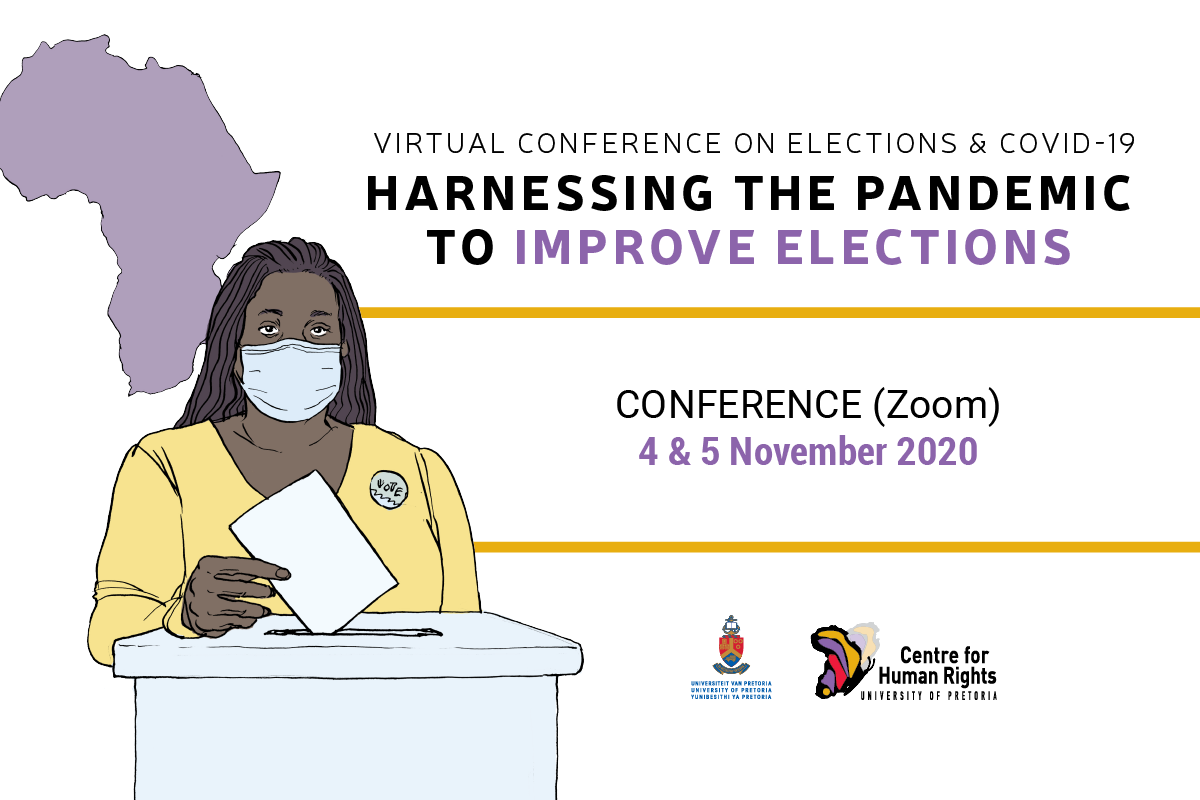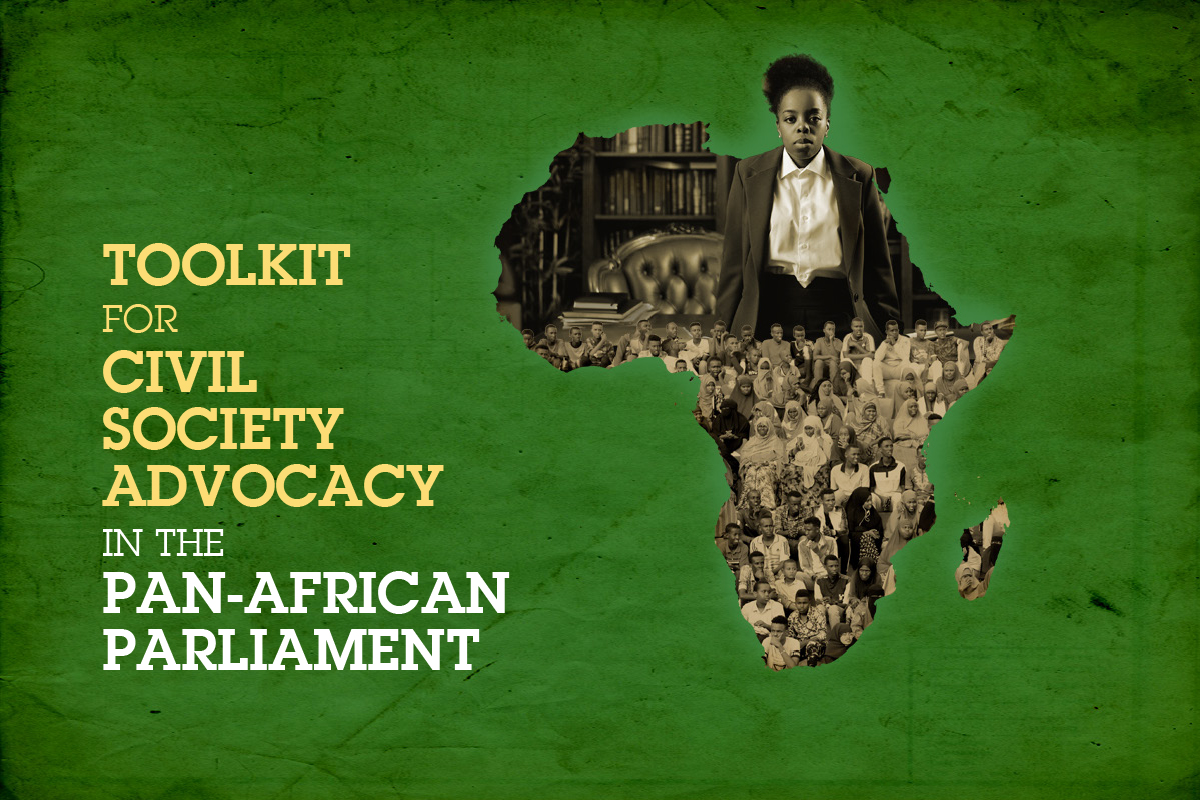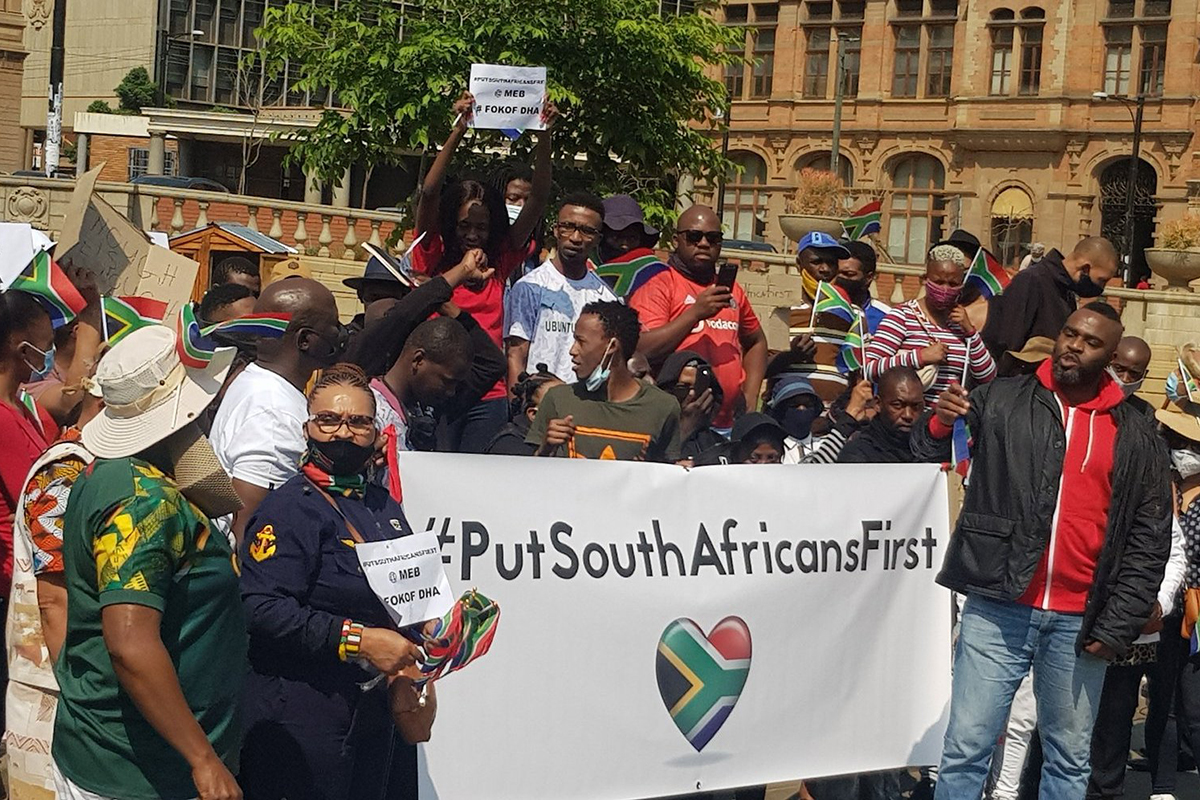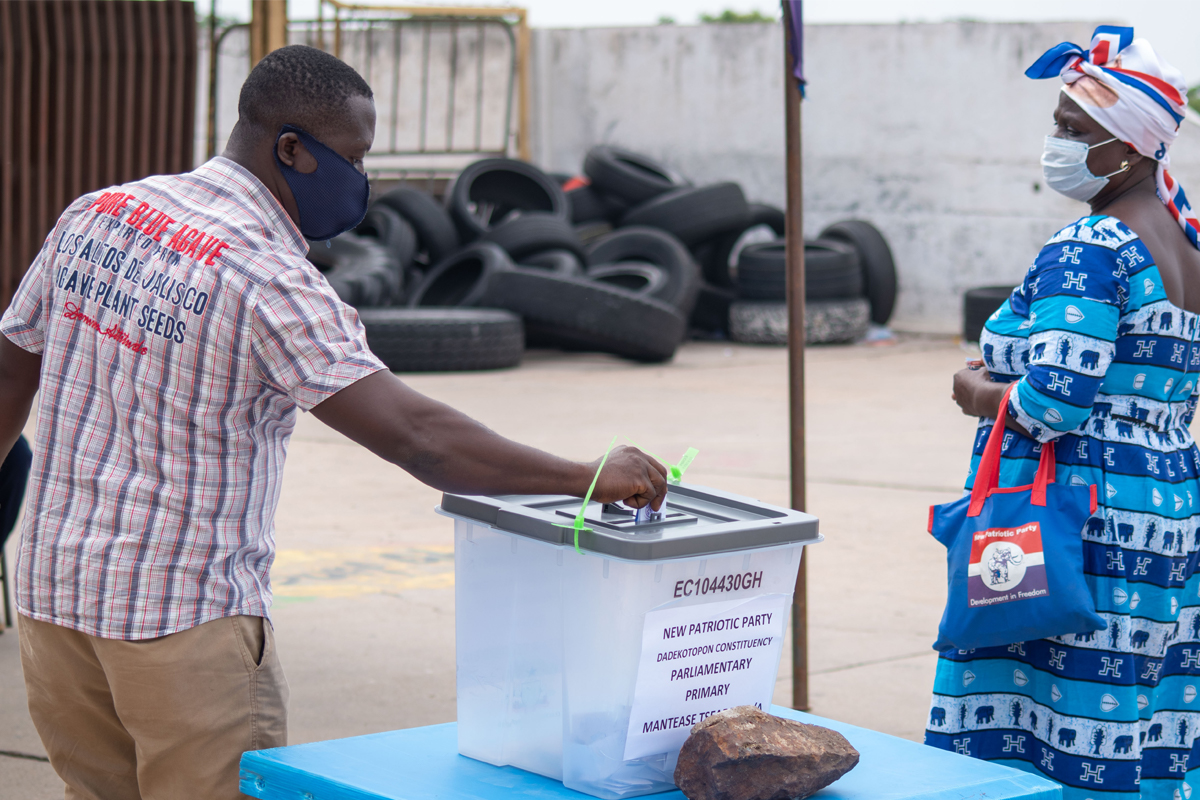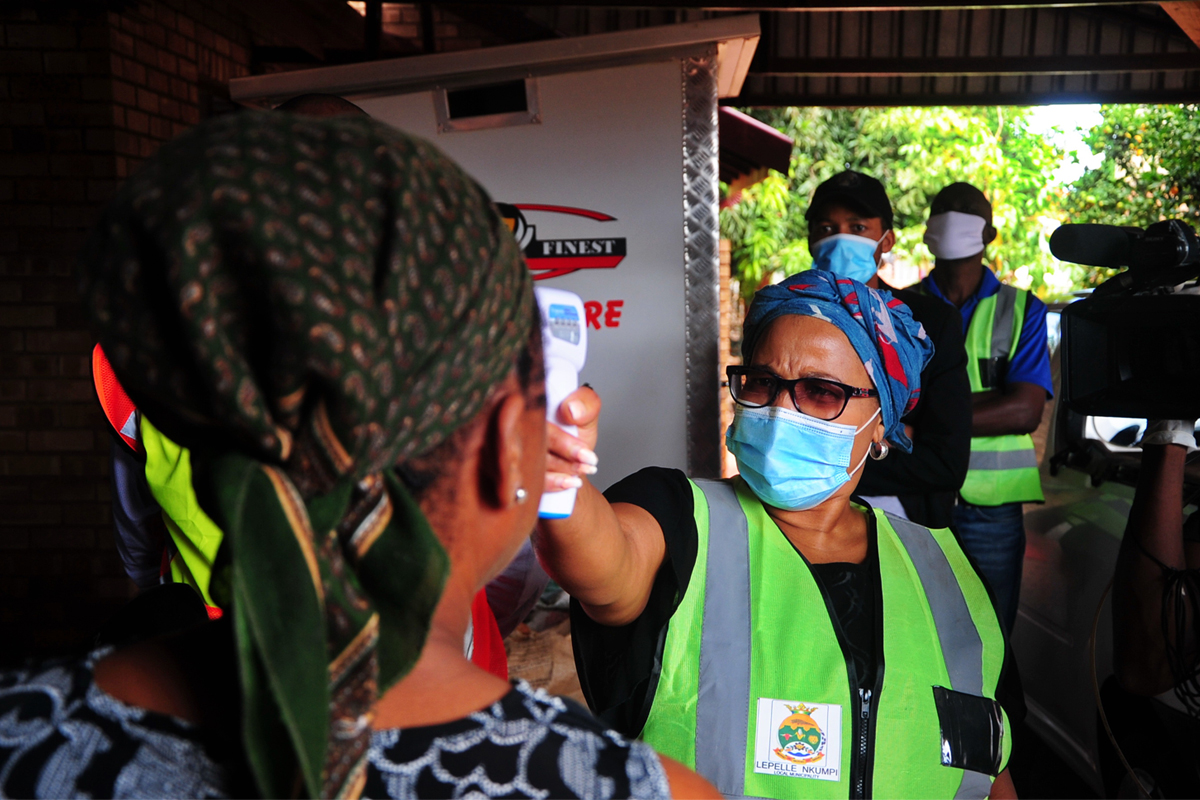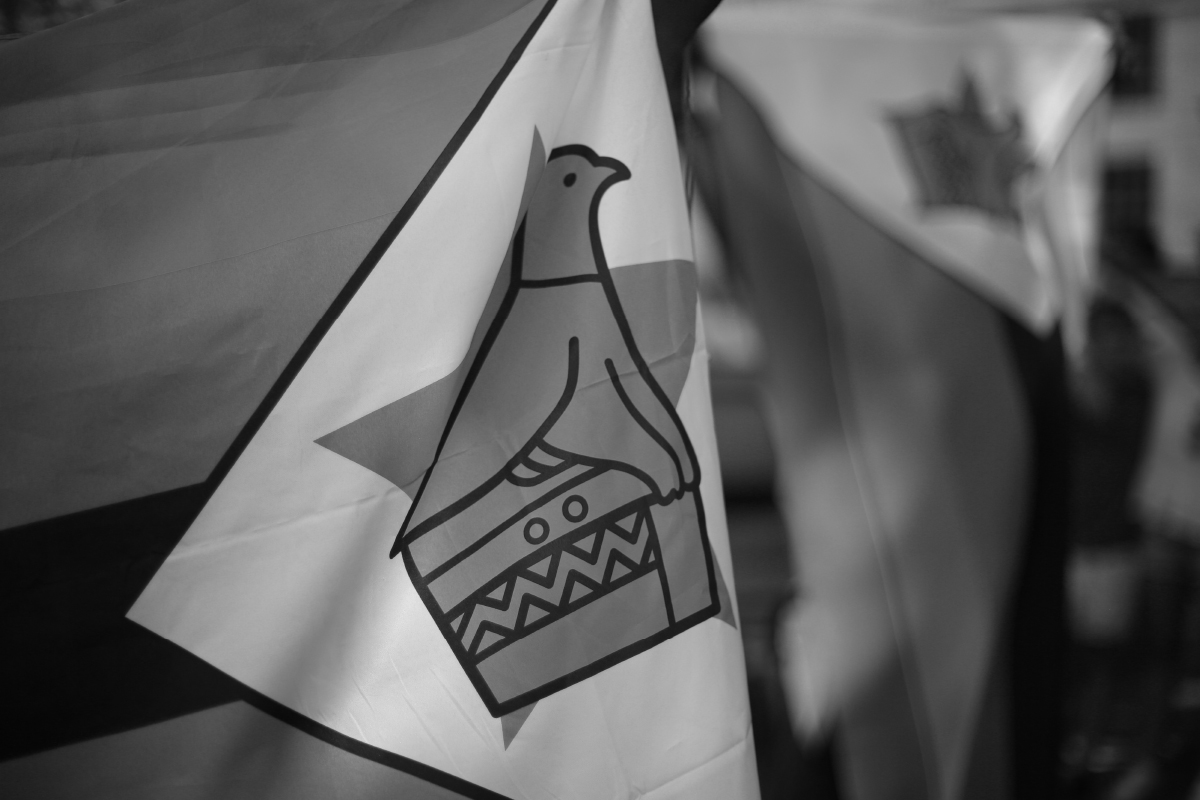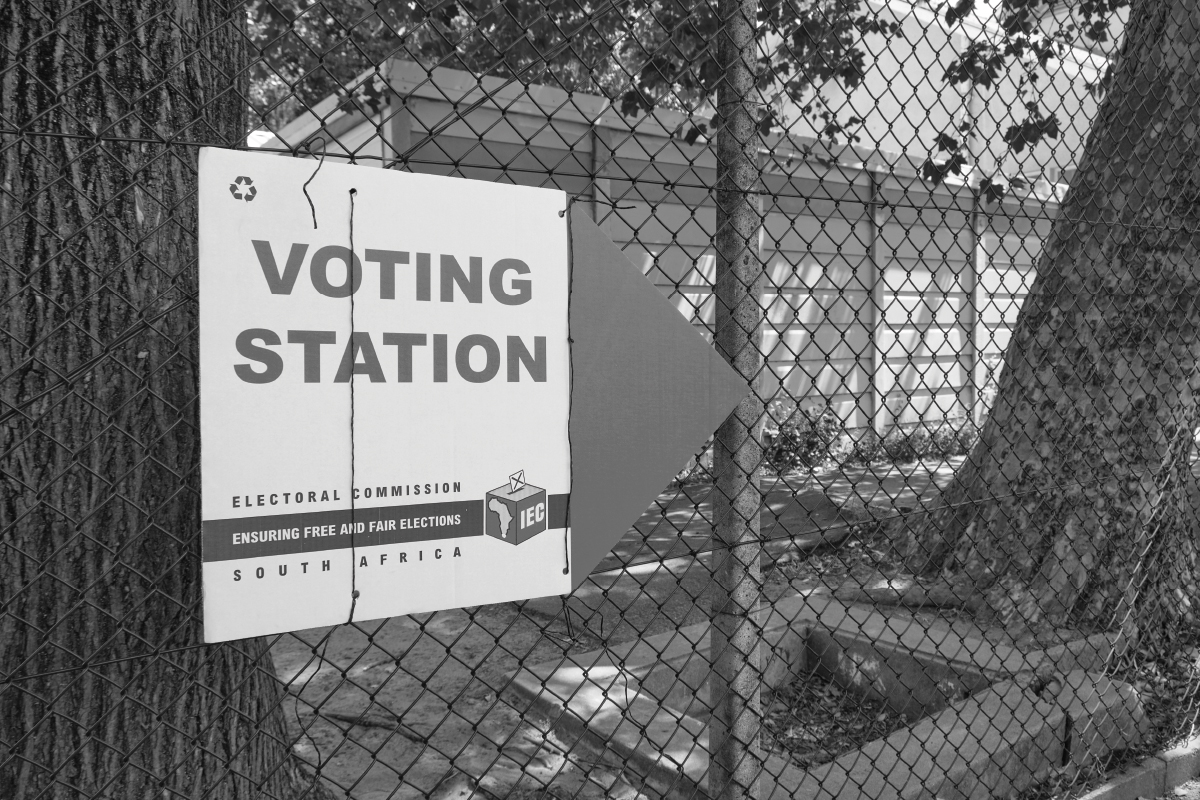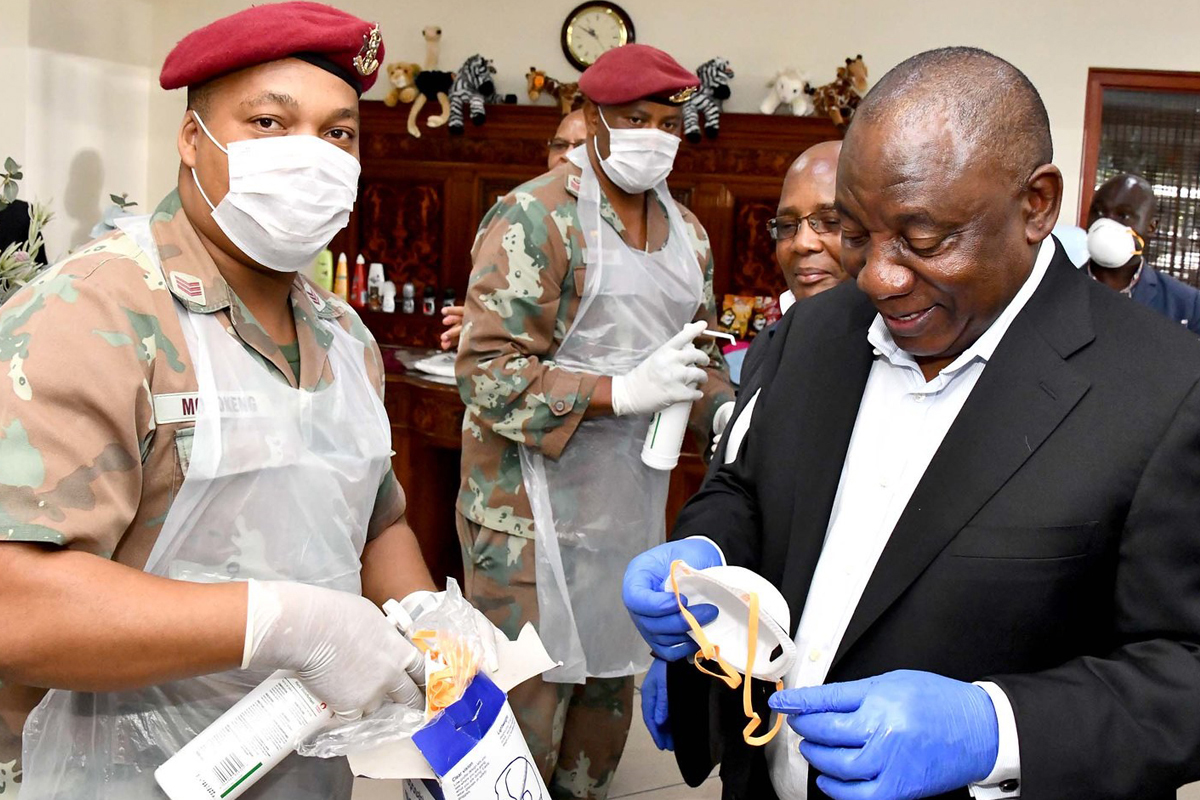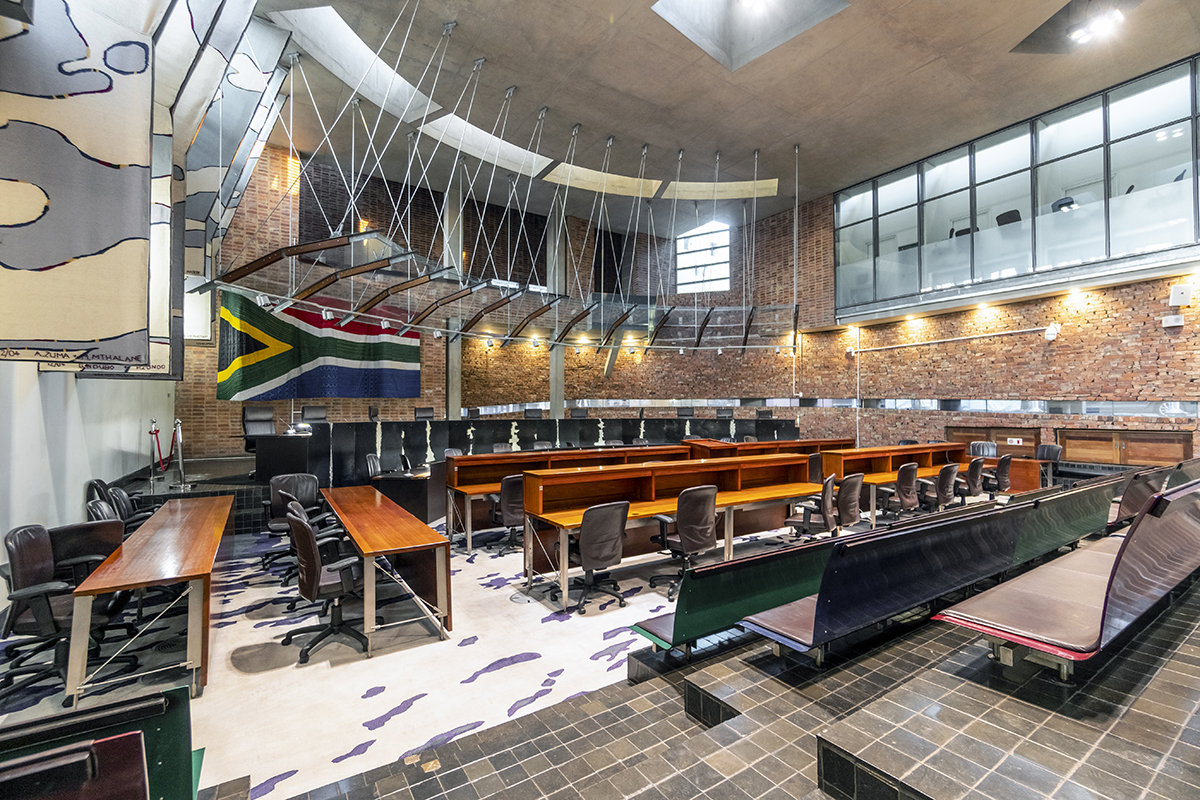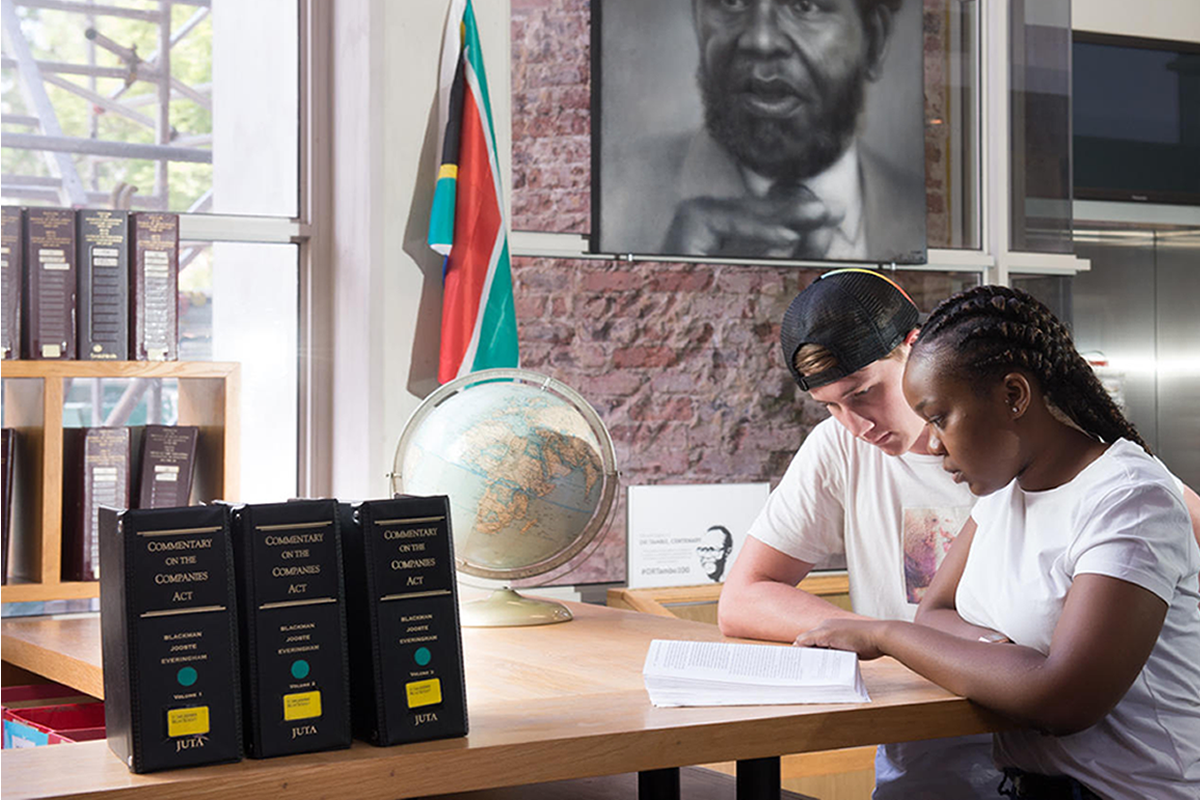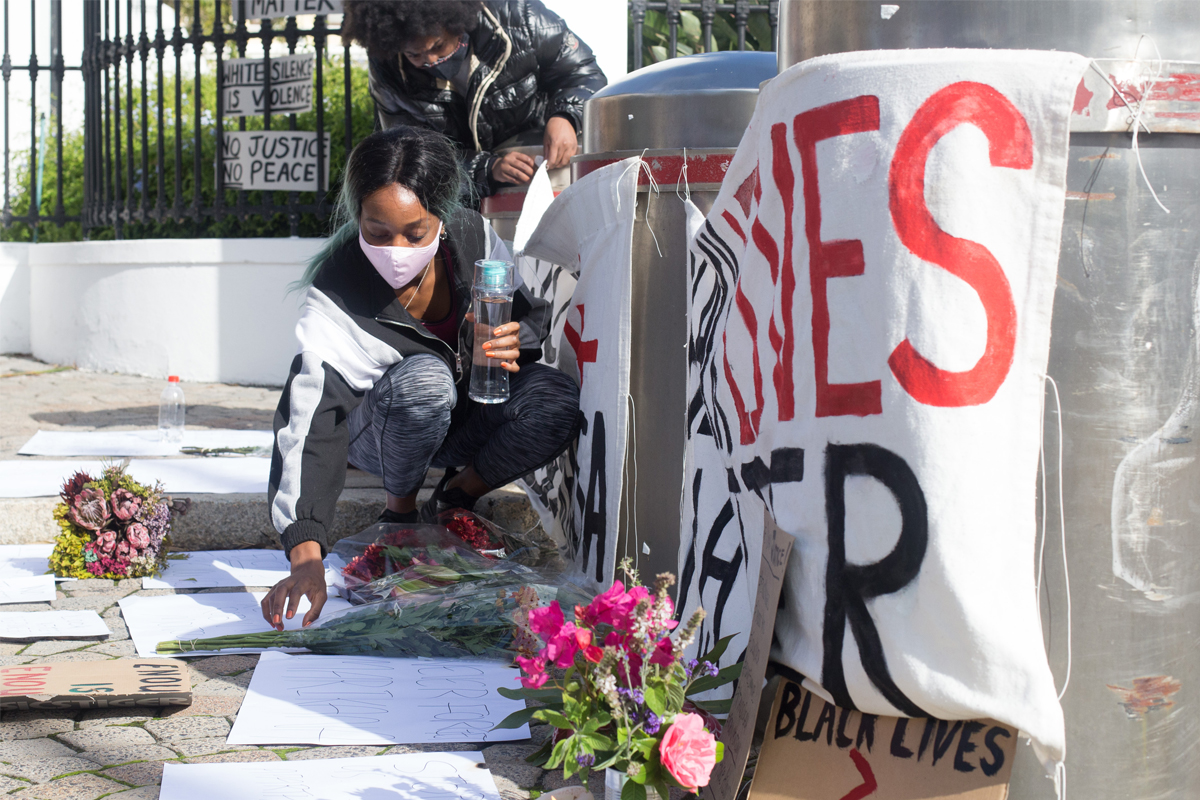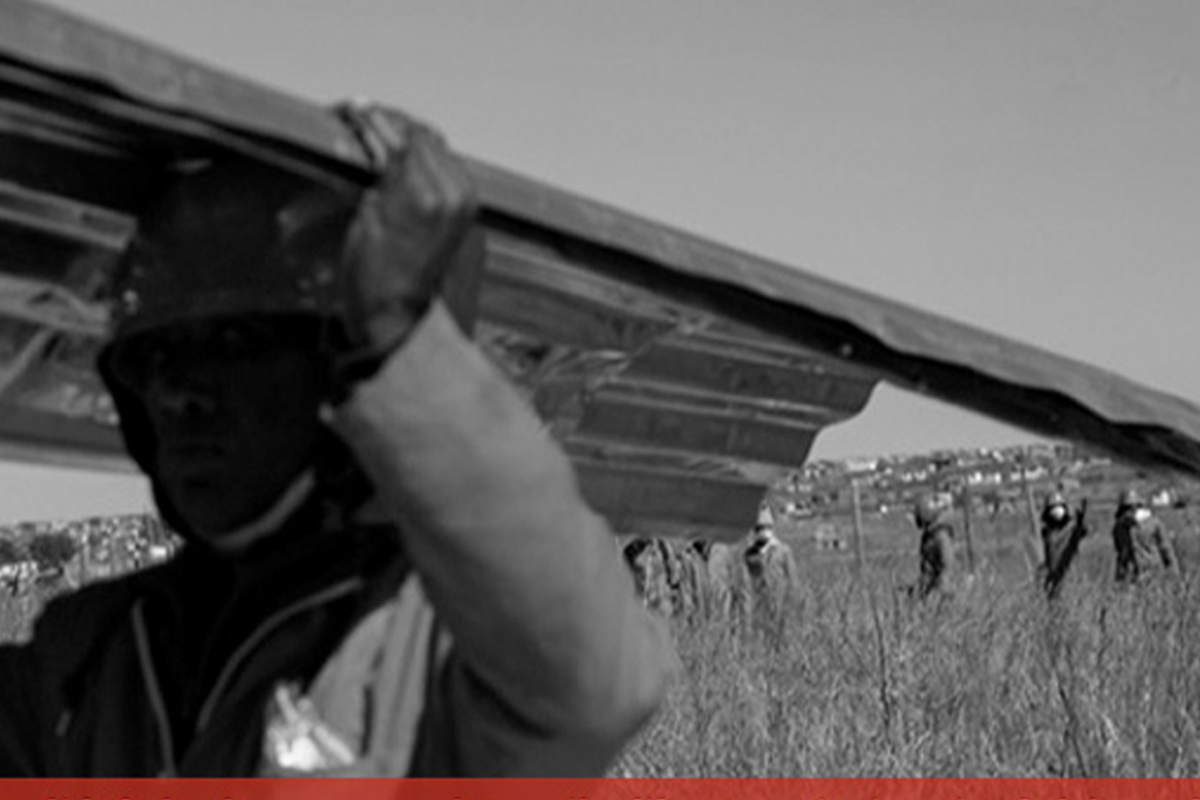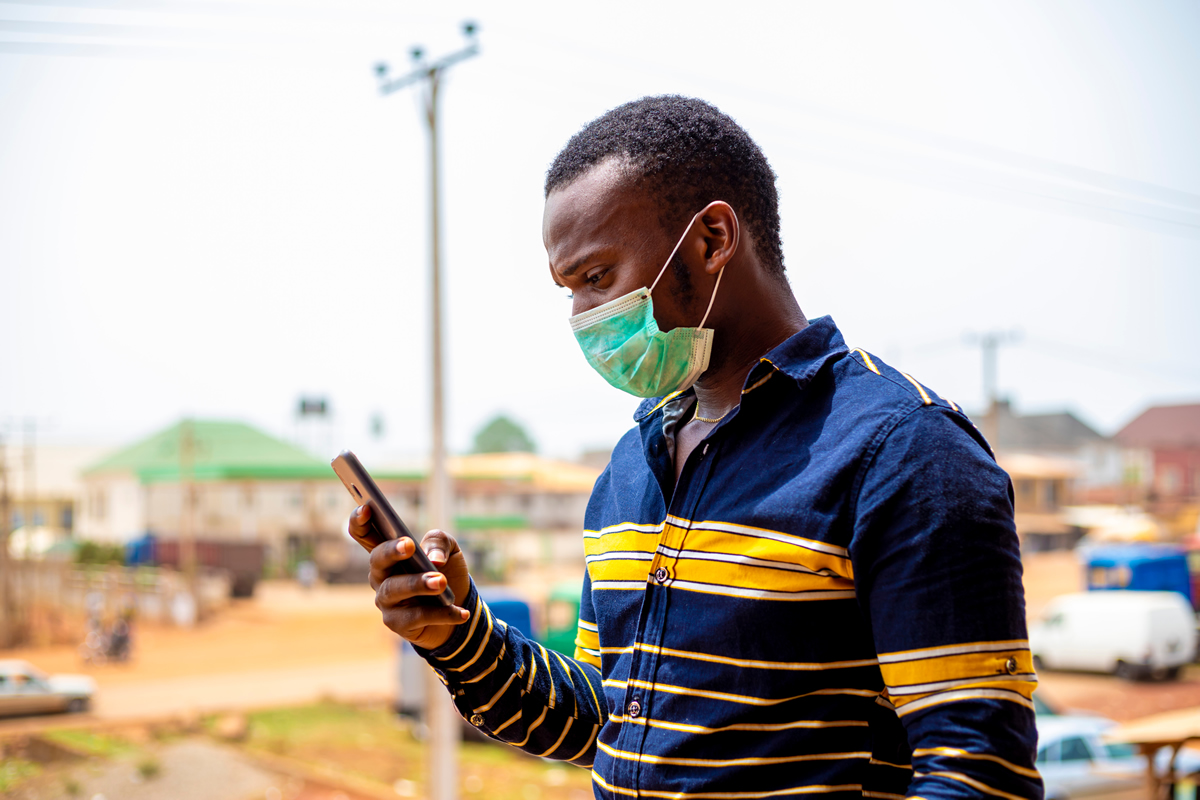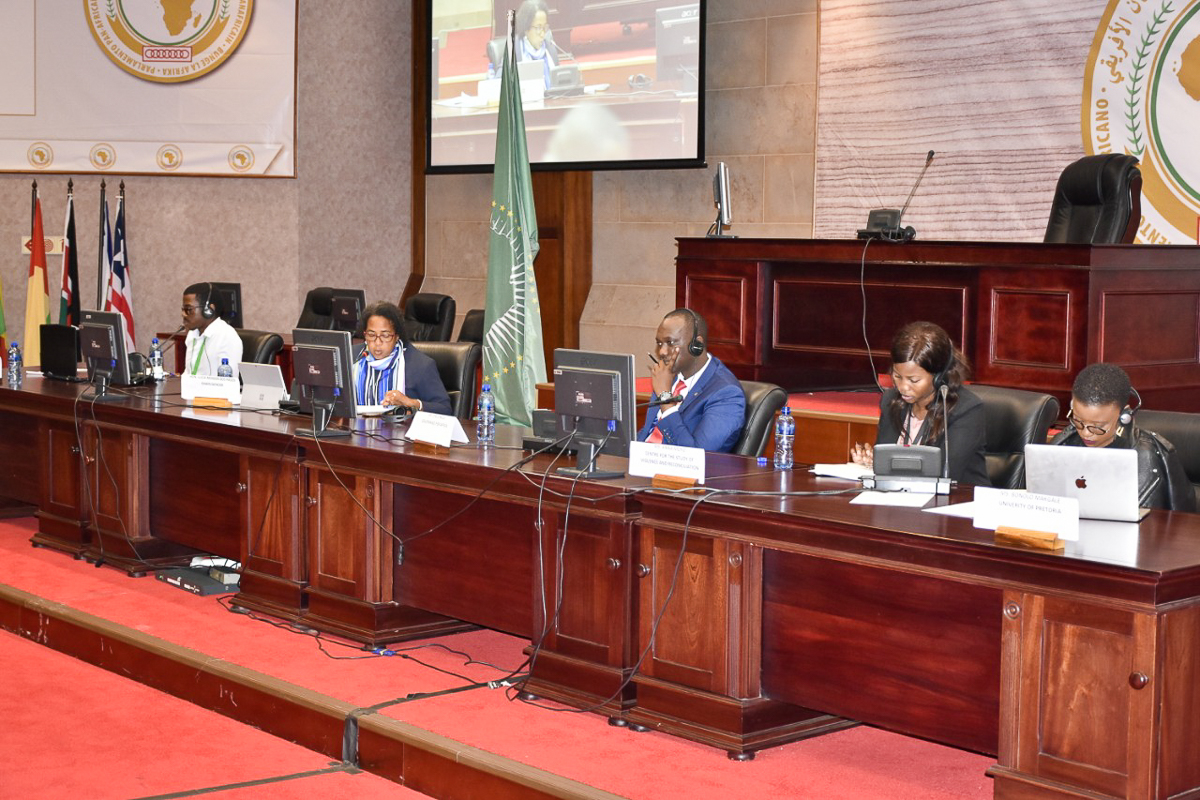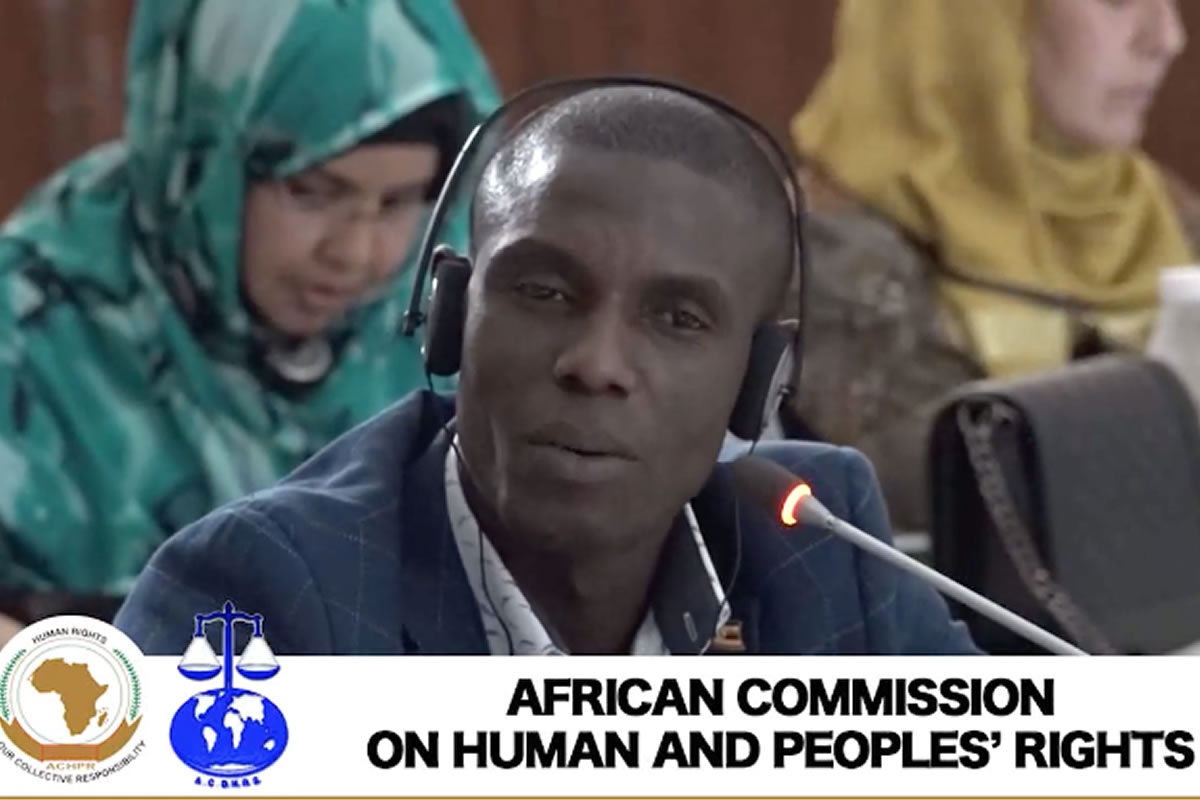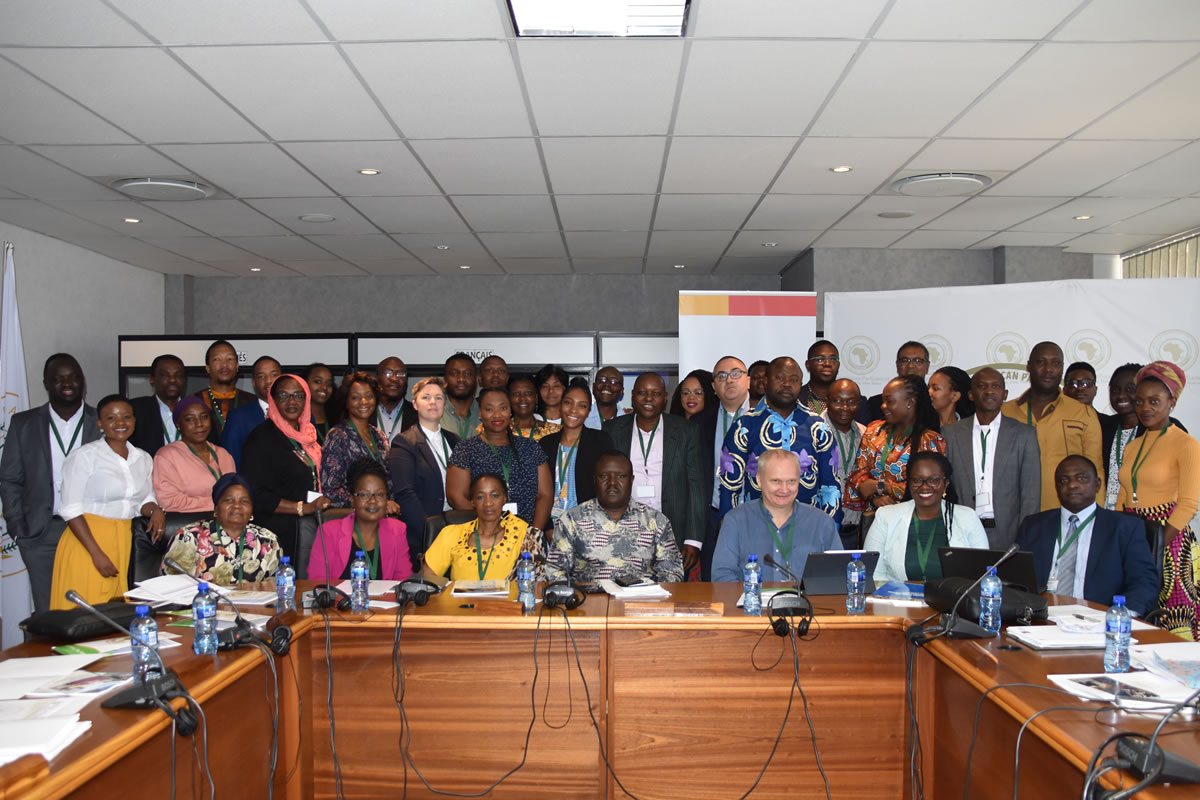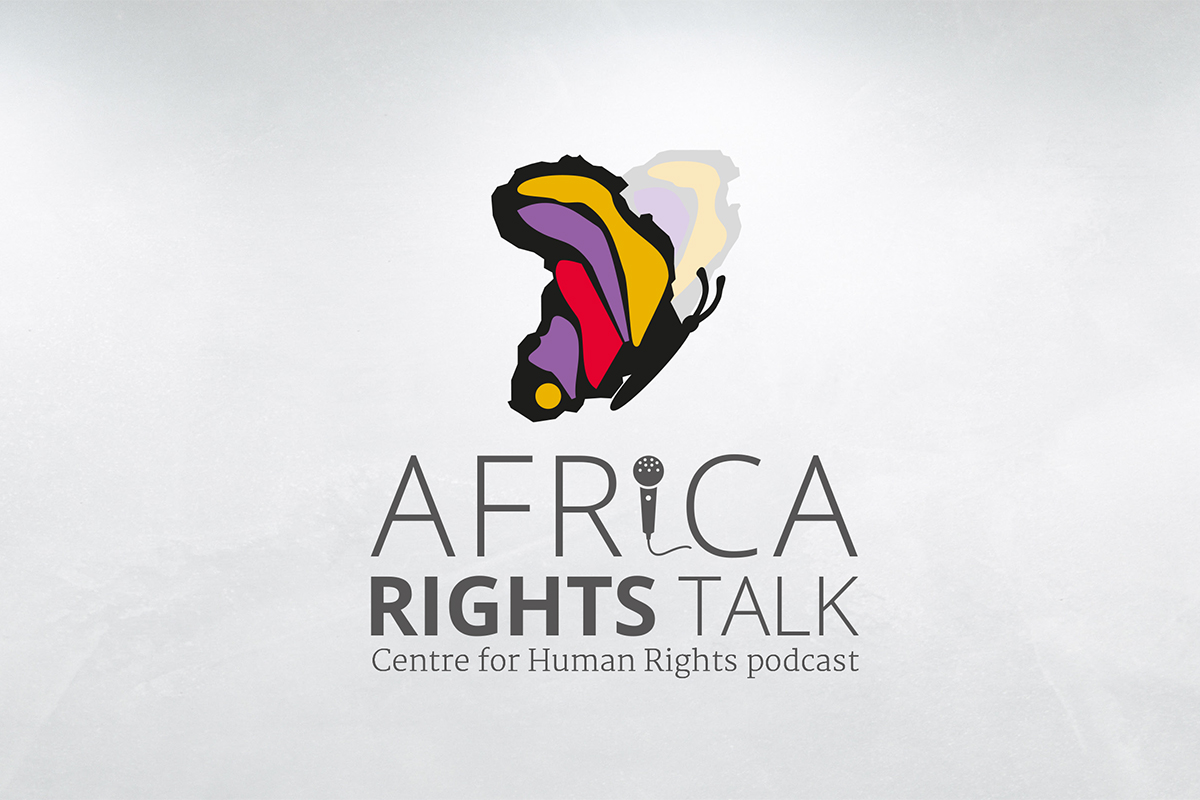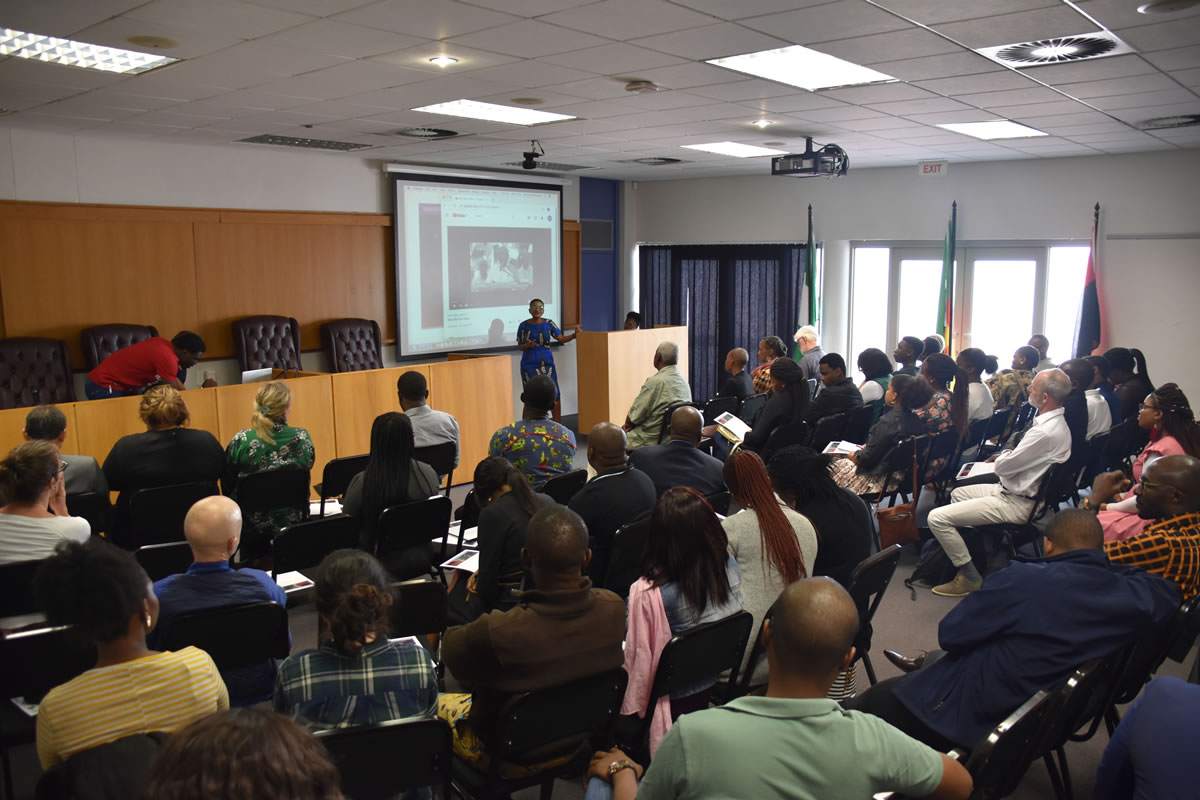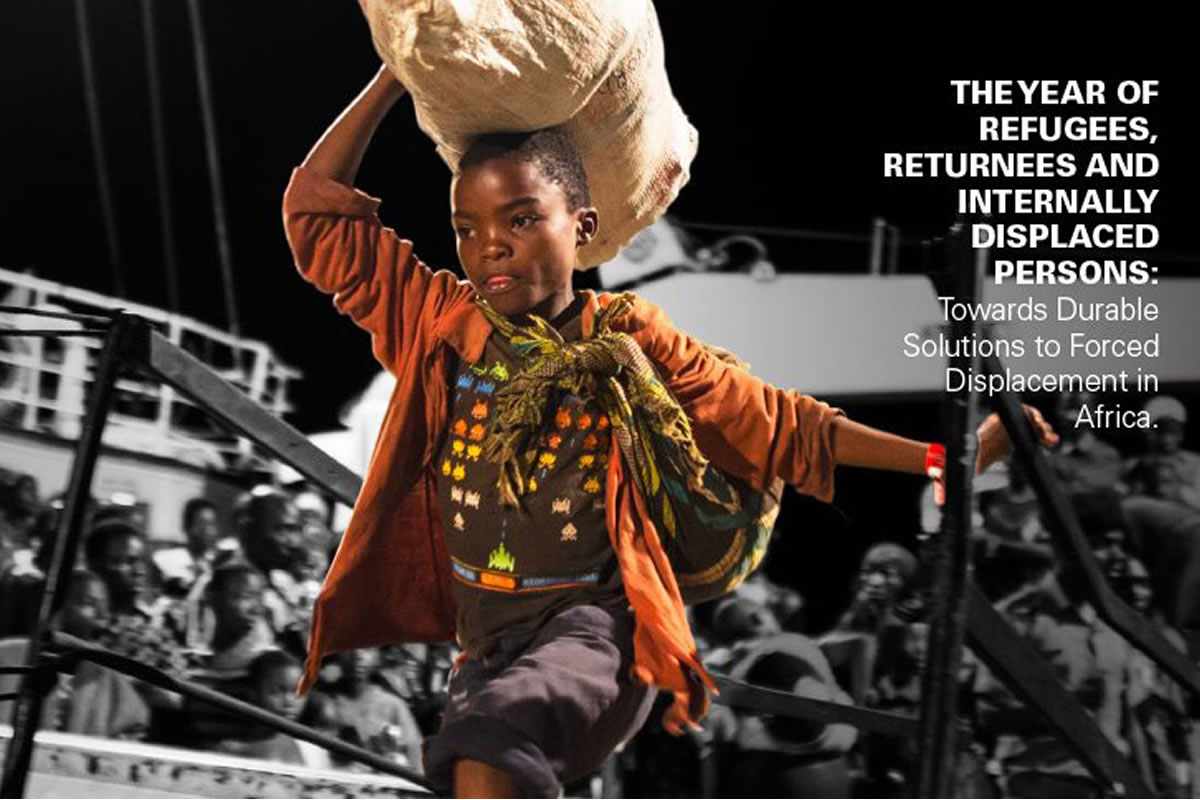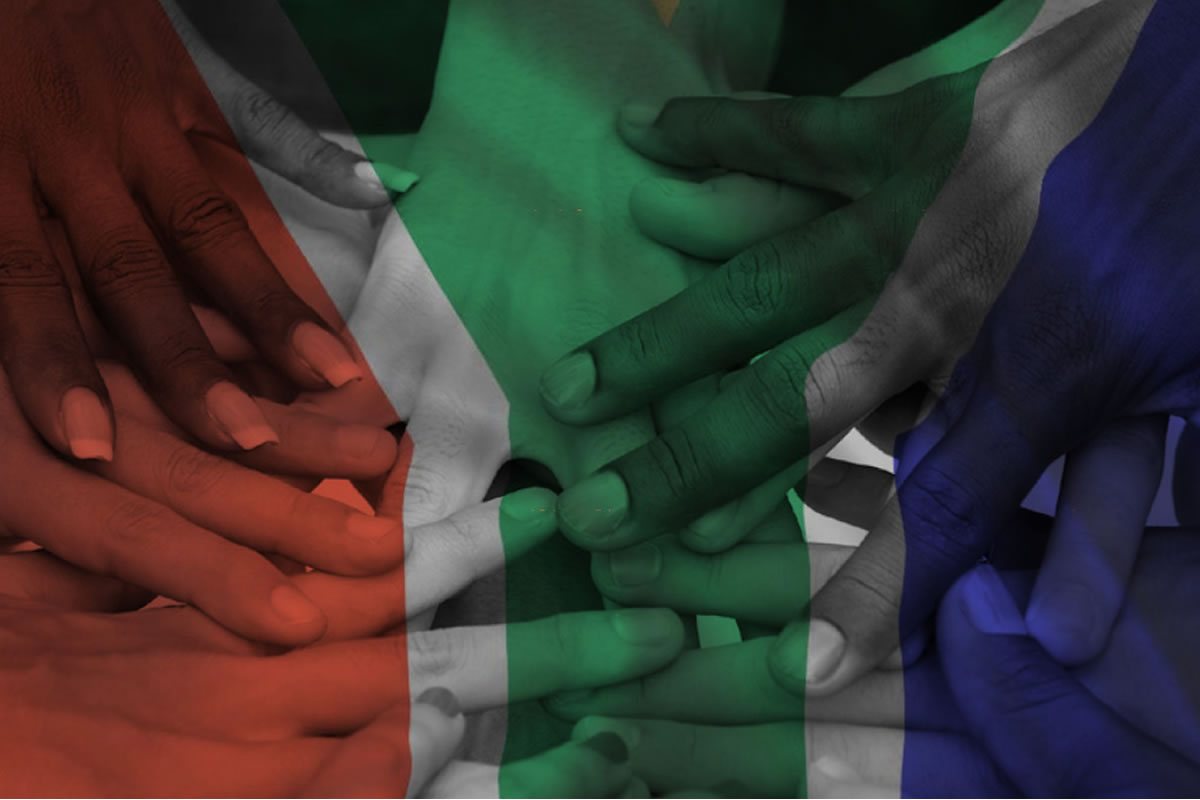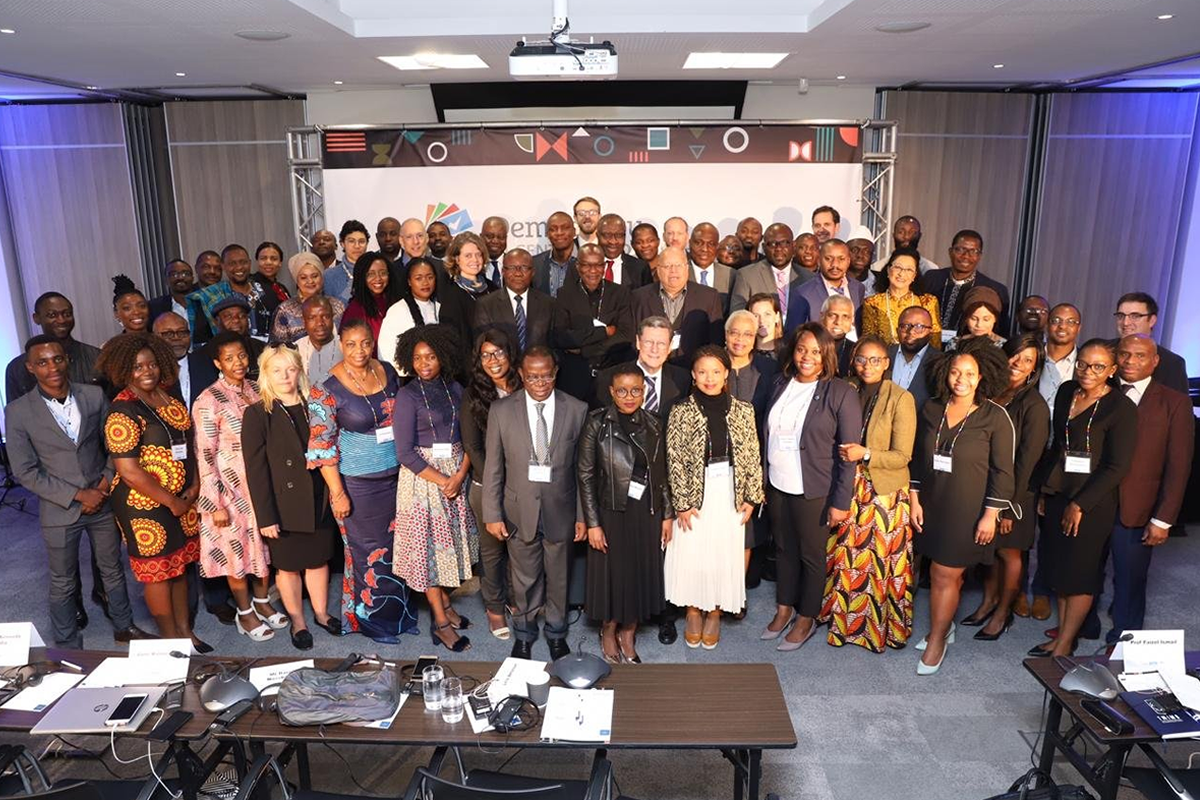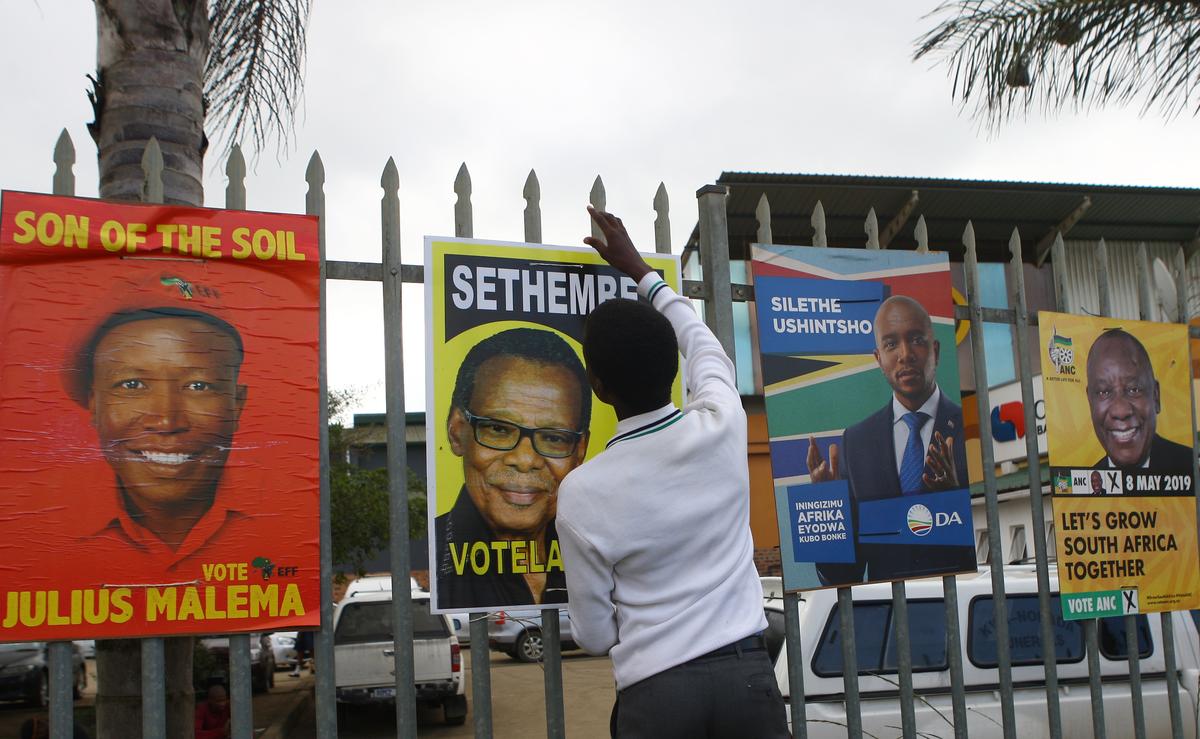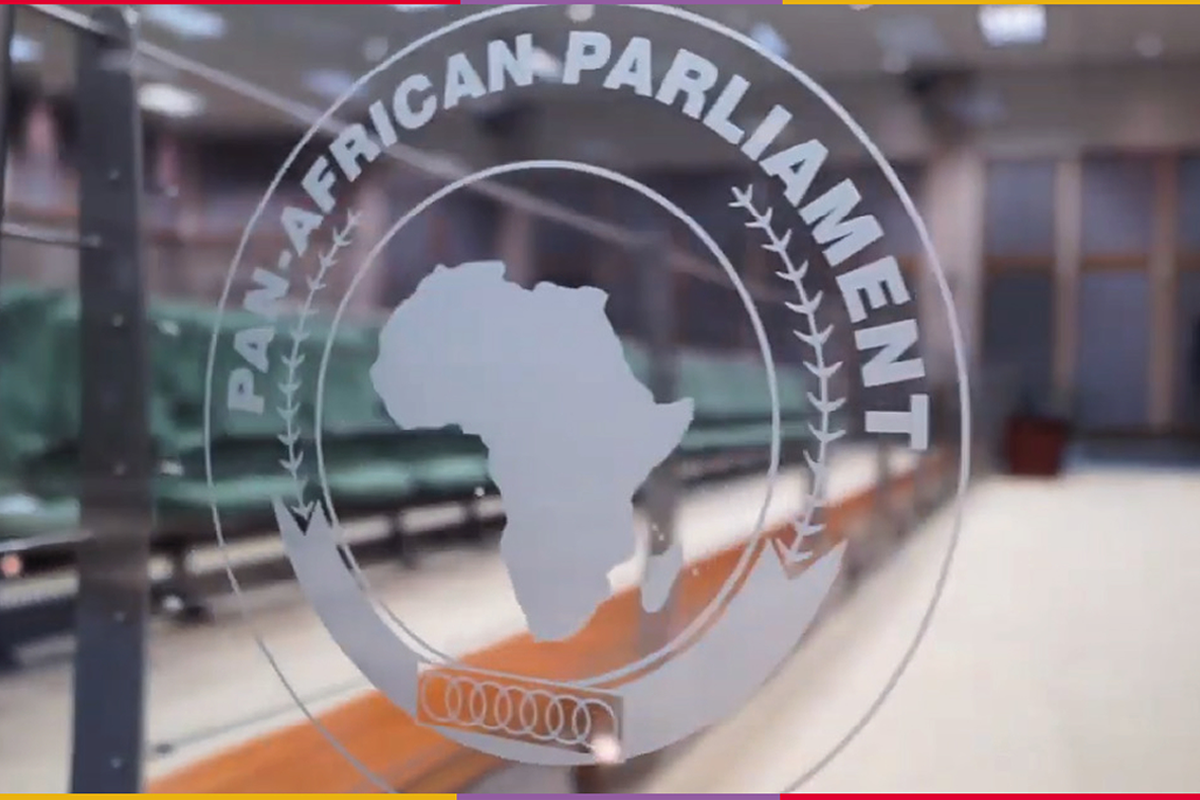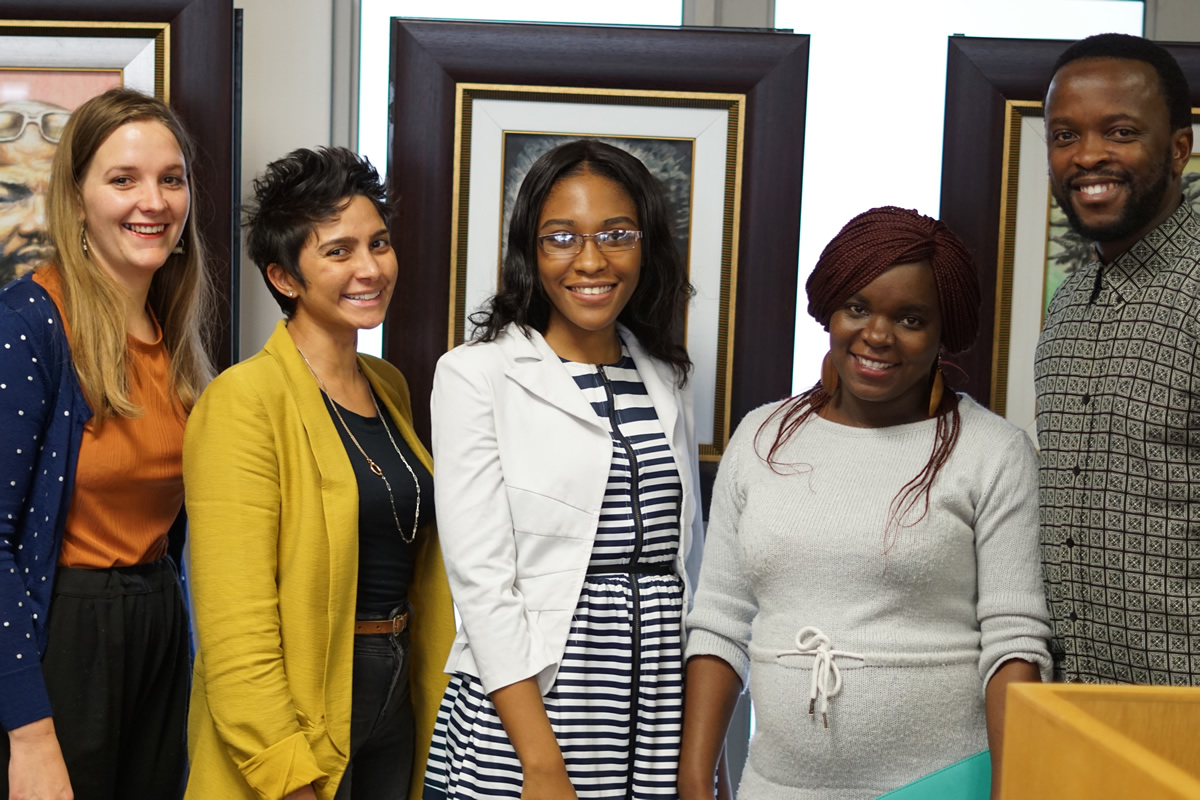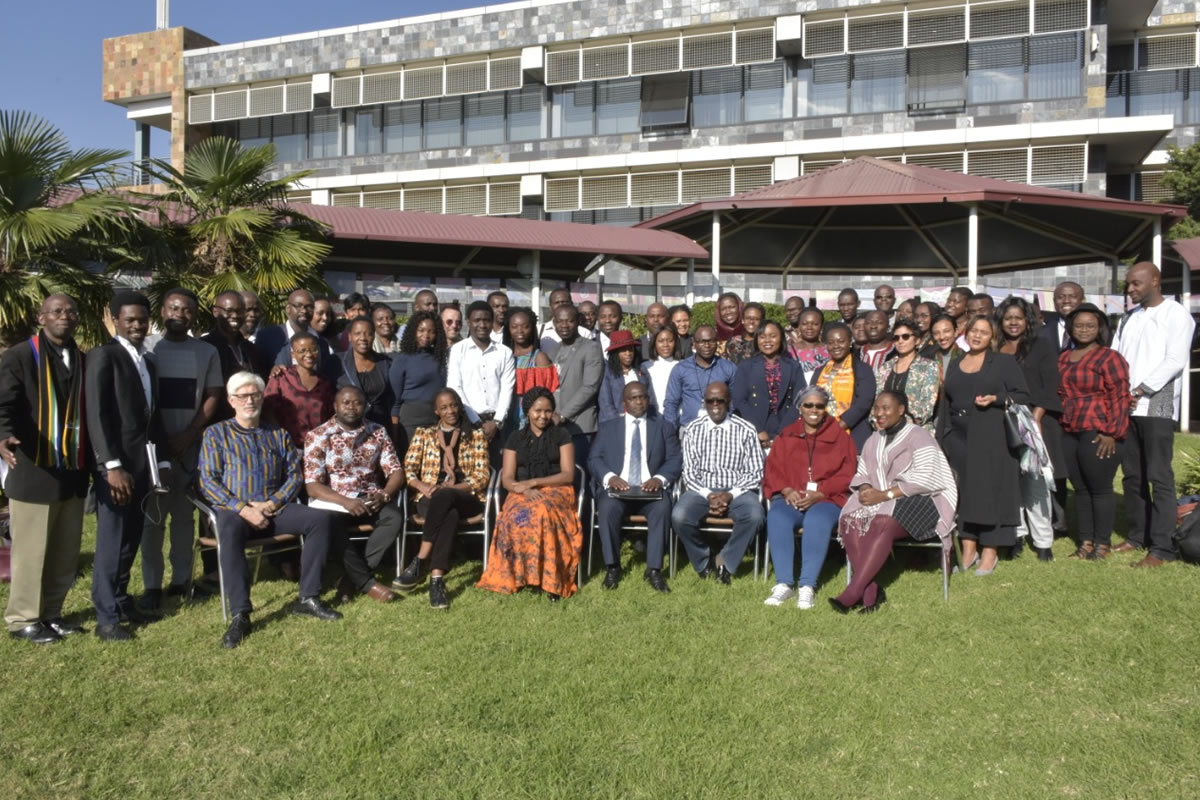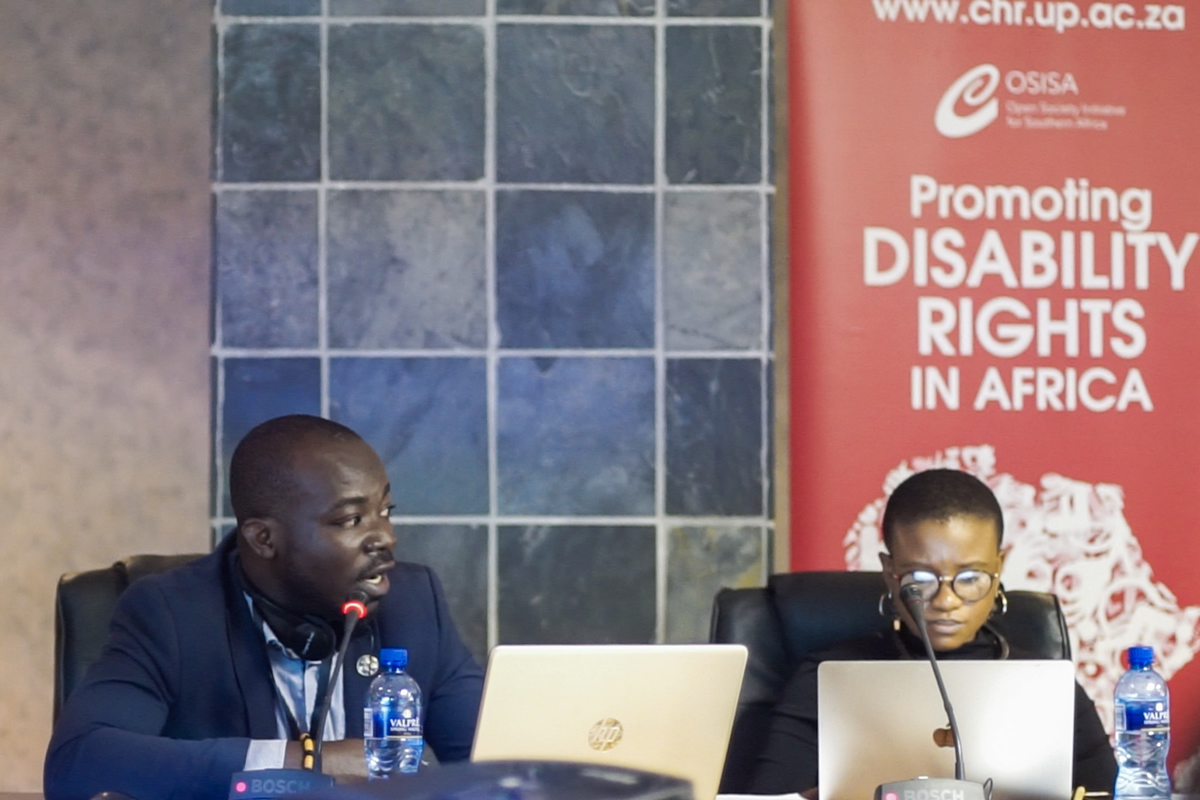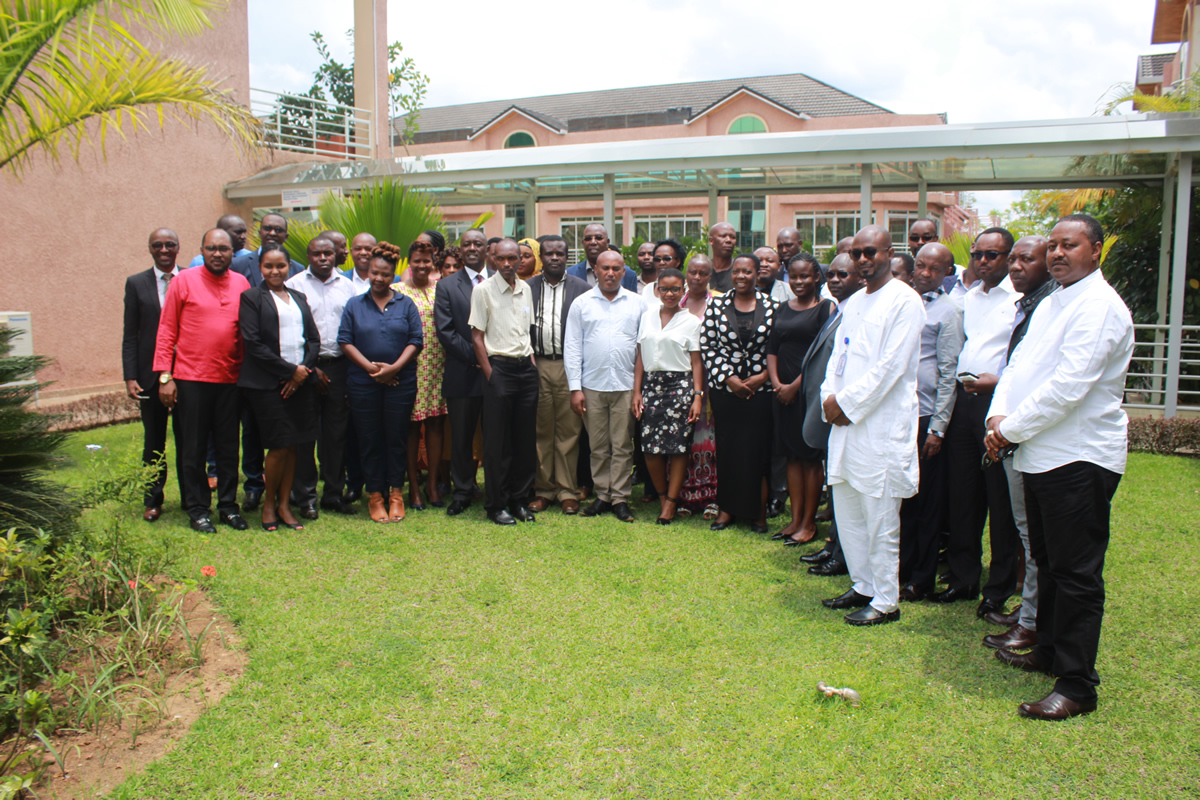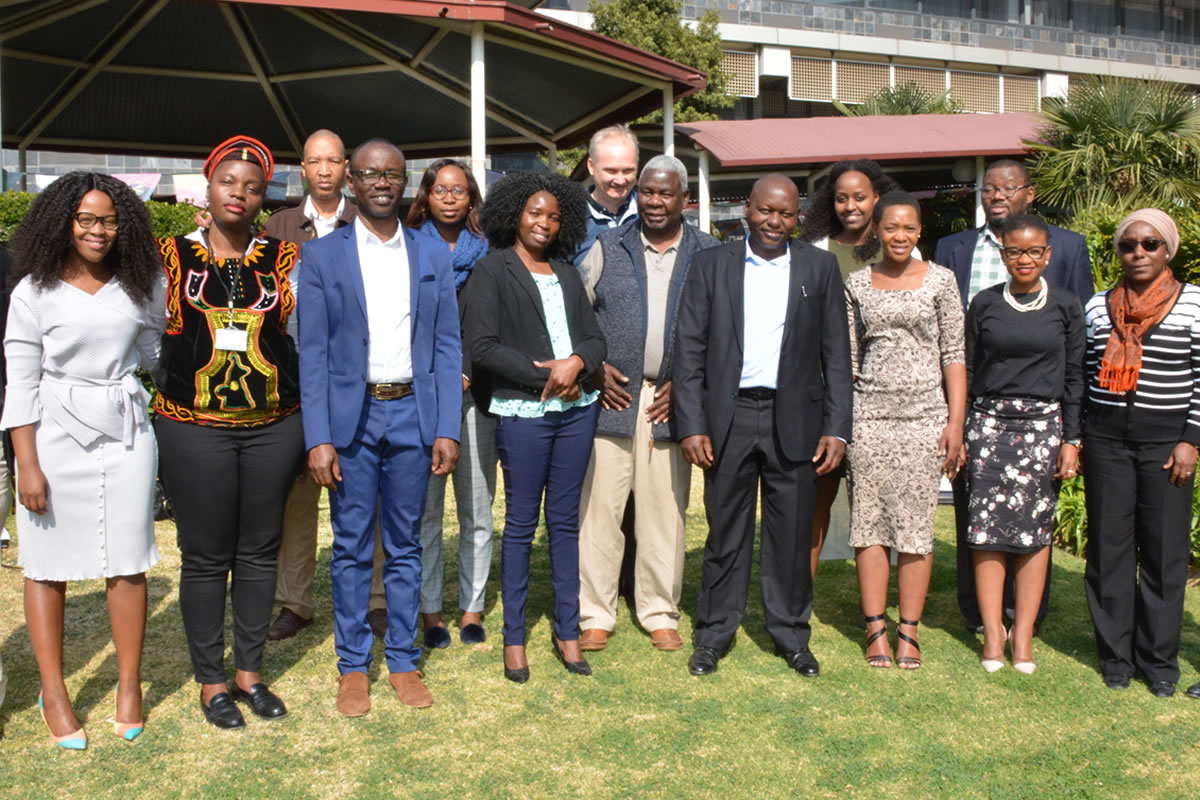- Details
The Centre for Human Rights, Faculty of Law, University of Pretoria in collaboration with the Thulani Maseko Foundation, Human Rights Watch, Amnesty International and the International Commission of Jurists invite you to the Third Thulani Maseko Memorial Lecture under the theme: ‘The role of solidarity in advancing justice and accountability for the persecution of human rights defenders in Eswatini’.
- Details
Uganda goes to the polls on 15 January 2026. Ugandans will elect the president, members of parliament for a five‑year term. As the date of the elections draws near, various stakeholders have argued that these polls are not a celebration of democracy, but rather a repetition of authoritarian consolidation. Despite the presence of 27 political parties and over 21 million registered voters, human rights groups have reported that the electoral environment is marred by violence, repression, and systematic human rights violations. For instance, Amnesty International and Human Rights Watch have documented widespread intimidation, arbitrary arrests, and torture of opposition supporters, underscoring that these elections mean little for ordinary citizens. What should be a moment of democratic renewal has instead become another occasion for authoritarian entrenchment, echoing the failures seen in Tanzania’s recent elections, yet another troubling example within the East African Community (EAC).
- Details
The Centre for Human Rights is seeking to conduct a study on these organs of the AU, based in Midrand, South Africa, with a particular focus on ways to enhance citizens’ participation in the reforms of the African Union.
- Details
In an era of global interconnectedness, movement of persons remains a vital driving for improved economic growth. However, in recent years, African visa applicants face disproportionately high rejection rates when applying for Schengen visas compared to other regions. In 2022, Africa nationals topped the list of most rejections with one in three of all processed applications being turned down. This was 12.5% higher than the global average. The rejection rates for Schengen visas are generally 10% higher than the global average and ten times higher than for United states citizens. This article highlights the deep-seated biases in the Schengen visa process and advocates for necessary reforms such an equitable and accessible appeal system which states legitimate reasons for visa denials in order not exacerbate high influx of illegal African migrants risking their lives across the Central Mediterranean- the most deadliest migration routes in the world- to enter Europe. ensure a fairer and more equitable system.
by Sara Hafidh, Eden Getenet, and Dorcas Ameonu
- Details
On 12 June, the Centre for Human Rights, Faculty of Law, University of Pretoria, in partnership with Corruption Watch and the Thulani Maseko Foundation, hosted the 2nd Annual Thulani Maseko Memorial Lecture in honour of the dedicated and tireless human rights defender, respected human rights lawyer and advocate for constitutional reform in Eswatini. The theme of this year's lecture was 'Lack of Accountability and Impunity in the Persecution of Human Rights Defenders'.
- Details
The Centre for Human Rights, Faculty of Law, University of Pretoria in coalition with Civil Society Organisations and the Pan-African Parliament Civil Society Forum, address the Assembly on the crisis at the Pan-African Parliament (PAP).
- Details
2023 marks 75 years since the adoption of the Universal Declaration of Human Rights (UDHR) and 25 years of the United Nations Declaration on Human Rights Defenders. The Centre for Human Rights, Faculty of Law, University of Pretoria, OHCHR Regional Office for Southern Africa (OHCHR ROSA) and the European Union Delegation in South Africa, in partnership with Ford Foundation, hosted a commemoration of this milestone on 4 December 2023.
- Details
The Centre for Human Rights, Faculty of Law,University of Pretoria and OHCHR Regional Office for Southern Africa (OHCHR ROSA), in partnership with the Ford Foundation and the European Union (EU) Delegation in South Africa, will commemorate International Human Rights Day this year in the context of the UDHR 75th year and the 25th Anniversary of the HRDs Declaration.The Commemoration will assess progress made in advancing human rights guaranteed by the UDHR and the challenges human rights defenders face in defending human rights.
- Details
The Centre for Human Rights, Faculty of Law, University of Pretoria , International Center for Not-for-Profit Law (ICNL) and ARTICLE 19 Eastern Africa will be hosting a side event on “the Surveillance and human rights in Africa,” to promote human rights based approaches to the practice of surveillance and raise awareness on its human rights implications. Principle 41 of the Declaration of Principles on Freedom of Expression and Access to Information in Africa (the Declaration), calls on States to undertake lawful targeted surveillance instead of indiscriminate and untargeted collection, storage, analysis or sharing of a person’s communications.
- Details
On 8 September 2023, the Centre for Human Rights, Faculty of Law, University of Pretoria in partnership with the Centre for Democracy and Development (CDD) and Parliamentary Network Africa (PNAfrica), hosted a high-level discussion regarding civil society entry points into the African Union (AU). The discussion took place in Accra, Ghana with participants from various civil society organisations (CSOs) across Africa.
- Details
On 20-21 July 2023, the Centre for Human Rights and the Pan-African Parliament Civil Society Forum (PAP CSO Forum), in partnership with the Parliamentary Network Africa (PNAfrica) convened a meeting in Cote d’Ivoire with some of the West African key actors to establish a formal mechanism of engagement between the PAP and civil society.
- Details
With the 2024 South African National Elections around the corner, the Democracy and Civic Engagement Unit at the Centre for Human Rights in Partnership with the Australian High Commission, South Africa convened a space in which young South Africans could engage on matters related to governance, democracy and stability on 14-15 July 2023. The democracy capacity building workshop was guided by the theme “Encouraging Youth Participation in South Africa’s Democracy.”
- Details
The Centre for Human Rights, Faculty of Law, University of Pretoria, is concerned about the unwarranted and unlawful assaults on lawyers using brutal acts of violence and the criminal justice system in two autocratic states preparing for elections within the next two months. The governments of Zimbabwe and Eswatini will hold elections in August and September 2023, respectively, in an atmosphere of fear and intimidation of dissenting voices.
- Details
The year 2023 marks 75 years since the Universal Declaration of Human Rights was passed, yet the passing of Human rights lawyer Thulani Maseko on 21 January 2023 has demonstrated the long fight for human rights and democracy continues. With nearly half a year passed since the death of Thulani Maseko, there is still no justice and accountability.
“We are caught between hope and fear - hope for democracy and fear of being assassinated.” – Thulani Maseko.
- Details
The Centre for Human Rights, Faculty of Law, University of Pretoria in collaboration with the University of eSwatini faculty of law, Law Society of eSwatini and CANGO cordially invites you to the Inaugural Memorial lecture in honour of its alumnus, Thulani Rudolf Maseko.
- Details
The Centre for Human Rights, Faculty of Law, University of Pretoria is concerned with the passage of the Criminal Law (Codification and Reform) Amendment Bill H.B 15 of 2022 (Patriot Bill) in Zimbabwe’s House of Assembly. The Patriot Bill, which was passed on 31 May, is overbroad, curtails freedom of expression, suppresses freedom of association and assembly and restricts political participation. The Patriot Bill proposes, among other things, to criminalises meetings with foreign governments for purposes of planning military intervention or calling for economic sanctions. The Bill will become law only after the Senate, the second parliamentary house, adopts it, and if President Mnangagwa assents to it.
- Details
The Centre for Human Rights, Faculty of Law, University of Pretoria, welcomes the appointment of Lindiwe Khumalo as the new Clerk of the Pan-African Parliament (PAP). This appointment comes at a crucial juncture for the PAP. Over the past couple of years, uncertainty and institutional challenges have persisted, including the presence of an acting Clerk for over a year.
- Details
South Africa, like the rest of Africa – and the world – celebrates ‘Africa Day’ today. This day, 25 May, is the date on which, 60 years ago, the Organisation of African Unity (OAU) was founded. The OAU was in 2002 transformed into the African Union (AU), with its inaugural session being held in Durban, South Africa, on 9 July 2002. Because the roots of ‘formalised pan-Africanism’ are traced back to 1963, the date of the OAU’s founding still marks ‘Africa Day’.
- Details
At an historic meeting on 19 May 2023 at the Pan African Parliament (PAP), in Midrand, a group of civil society organisations, under the umbrella of the PAP Civil Society Organisations (CSO) Forum, for the first time formally met with Members of the PAP (MPAPs) in a Parliamentary Dialogue as part of the PAP’s May 2023 ongoing session. The meeting signalled the recognition by the PAP of the importance of civil society, and the ambition of the PAP to be a genuine peoples’ parliament. The PAP CSO Forum PAP presented recommendations to the MPAPs pertaining to the relationship between the PAP and civil society, human rights, peace and security, the Free Movement of Peoples Protocol and the Malabo PAP Protocol. MPAP Pemmy Majodina, Chief Whip of the ANC, chairing the Parliamentary Dialogue, undertook that the recommendations would be further discussed by the relevant PAP Committees, and that part of the PAP’s next session would be devoted to discussing them.
- Details
On 4-5 May, the Centre for Human Rights, Faculty of Law, University of Pretoria hosted a civil society engagement with the Pan-African Parliament (PAP) SADC Chapter in partnership with the Mozambique Human Rights Defenders Network and The Southern Africa Human Rights Defenders for this two day workshop.
- Details
The Centre for Human Rights, Faculty of Law, University of Pretoria, delivered its statement on the human rights situation in Africa at the ongoing 75th session of the African Commission on Human and Peoples’ Rights (Commission), on 4 May 2023.
- Details
Celebrating Worker’s Day in South Africa on 1 May 2023 has a hollow ring to it. Commemorating the achievements of the labour movement, including many important improvements to working conditions, and celebrating the crucial role of the working class in our country’s past and present, are overshadowed by the alarmingly high unemployment rate among South Africans. The precarious position of domestic workers demands more visibility about their rights and greater accountability for those who violate their rights. Acknowledging South Africa’s membership of the global community, and conscious of the undercurrent of xenophobia, consideration should be given to placing the rights of migrant workers on a firmer footing by ratifying the United Nations treaty on this theme.
- Details
On 20 April 2023, the Centre for Human Rights, Faculty of Law, University of Pretoria (CHR), and Public Interest Practice co-hosted a visiting Ukrainian delegation. During the meeting, which took place on the campus of the University of Pretoria, the conversation centred around the Russian invasion into Ukraine and its impact on the population in the country.
- Details
The Centre for Human Rights, University of Pretoria in collaboration with Public Interest Practice cordially invites you to the delegation briefing on the current situation in Ukraine, discussing the impact of the war on South Africa and exploring opportunities for partnerships between Ukrainian and South African organisations.
- Details
On 22 March 2023, the Centre for Human Rights Democracy and Civic Engagement Unit convened a Civil Society Organisations (CSOs) dialogue in partnership with the European Union that interrogated the state of human rights in South. The event aimed to create a space for an exchange of ideas among members of civil society, to identify the main challenges and possible priority actions for civil society - particularly in respect of migration, socio-economic, LGBTQ+ and persons with disabilities rights.
- Details
The Centre for Human Rights (CHR), in partnership with the Zimbabwe Human Rights NGO Forum and the University of Zimbabwe, successfully launched the Zimbabwe Constitutional Literacy Booklet on 16 November in Harare, Zimbabwe.
- Details
The Centre for Human Rights, Faculty of Law, University of Pretoria cordially invites you to the Launch of an Impact Analysis Study of the African Union (AU) Economic Cultural and Social Council (ECOSOCC) in the Governance structure of the African Union.
- Details
The Centre for Human Rights (Centre) in partnership with Konrad Adenauer Stiftung (KAS) under the aegis of the Rule of Law Program for Sub Saharan Africa developed simple-easy-reference booklets (for non-lawyers) that summarise the Bill of Rights as espoused in the constitutions of selected “Anglophone African” countries including Zimbabwe. The broad aim is to promote human rights and Constitutional literacy in Africa.
- Details
Amnesty International, the Centre for Human Rights, University of Pretoria and UN Special Rapporteur on Freedom of Assembly are hosting an event on Protecting The Right To Protest in Africa on the Side-lines of the ACHPR 73rd Ordinary Session.
- Details
The Centre for Human Rights, Faculty of Law, University of Pretoria, cordially invites you to a webinar organised by the Democracy and Civic Engagement Unit on participation of young people in elections and politics on the continent with a specific focus on Kenya, Zambia and South Africa. The webinar will interrogate the influences driving participation of young Africans informed by trends of most recent election cycles in the selected countries. This webinar aims to understand the trend towards declining youth participation and the influences driving this as well as garner lessons from instances where youth participation in elections has been robust.
- Details
Civil Society Organisations (CSOs) play an important and ever-shifting role in African politics and influence the power dynamics on the continent. A vibrant and functioning CSO sector is essential to African societies and their development in various ways, including lobbying for the protection of human rights, amplifying civil voices and acting as external oversight bodies, holding African governments to account. CSOs' influence on policy-making on the continent is essential as they represent the interests of various groups. One of the African Union (AU) organs that facilitates the involvement of African CSOs and, ultimately, the African citizenry is the AU Economic, Social & Cultural Council (ECOSOCC). Established in 2004 by way of Articles 2 and 25 of the AU Constitutive Act, as an advisory body to the AU, this organ provides a platform for representation and involvement of African CSOs in decision-making on the continent through influencing AU policies, programmes and principles. Key areas of ECOSOCC's work in this regard are upholding the principles and policies of the AU by advising on and evaluating these programmes; undertaking studies and making recommendations; and contributing to the promotion of human rights, the rule of law, good governance, and democratic principles.
- Details
The African Union (AU) commemorates its second decade this year. This milestone presents a moment to reflect on the founding aspirations of the body, assess the current progress in achieving these, and provide suggestions of what the continent should do to achieve these aspirations. This piece assesses the AU's role in peace and security on the continent as far as election-related violence (ERV) is concerned and the linkages between various organs of the AU to achieve this, particularly the Pan-African Parliament (PAP) and the AU Peace and Security Council (PSC). Timothy Sisk defines ERV as 'acts of verbal assault, intimidation, coercion and physical harm used to sabotage an electoral process (at any given point) or eliminate electoral competition.' The United Nations recognises ERV as a 'form of political violence which is often designed to influence an electoral outcome and, therefore, political power distribution.'
- Details
On 4 August 2022, The Democracy and Civic Engagement Unit of the Centre for Human Rights(the Centre), University of Pretoria(UP), in collaboration with the Africa Peer Review Mechanism (APRM) hosted a cocktail reception in honour of Dr. Nardos Bekele-Thomas, the new Chief Executive Officer of AUDA- NEPAD, and His Excellency Chief Charumbira Fortune Zefania, the New President of the Pan-African Parliament (PAP) and Members of the Bureau. The newly elected Members of the Bureau are: Hon. Prof. Massouda Mohamed Laghdaf; Hon. Dr Ashebiri Gayo; Hon. Lúcia Maria Mendes Gonçalves dos Passos; and Hon. Francois Ango Ndoutoume.
- Details
The Centre for Human Rights, Faculty of Law, University of Pretoria, condemns the disbarring of lawyer Muzi Simelane by Eswatini Chief Justice Bheki Maphalala. The Chief Justice disbarred Mr Simelane by way of notice in April 2018 on the basis of alleged contempt. Since he was banned from appearing in any court in Eswatini, Mr Simelane has not practised law for the past four years. The Chief Justice issued the notice from his chambers without any court hearing, application by the Law Society of Swaziland or determination by a tribunal that the lawyer had committed an act of misconduct. Chief Justice Maphalala purported to act in accordance with sections 139(5) and 142 of the Constitution of Eswatini when he issued the notice mero motu. On 10 June 2022, Mr Simelane challenged his disbarment by the Chief Justice in the Supreme Court of Eswatini after several failed attempts to secure judicial redress.
- Details
The Centre for Human Rights (CHR) in partnership with the Konrad Adenauer Stiftung (KAS) under the aegis of the Rule of Law Program for Sub Saharan Africa developed an easy reference booklet that summarises the Bill of Rights as espoused in the constitution of Zambia.
- Details
The Centre for Human Rights, University of Pretoria, and Mzalendo Trust in partnership with Parliamentary Network Africa (PNAfrica) hosted a two-day civil society engagement on the workings on the Pan-African Parliament (PAP) for the East African Community. This forum was held on Monday 25 and Tuesday 26 April 2022, in Nairobi, Kenya. The forum focused on developing networks for increased engagement between civil society in the East African region and the Pan-African Parliament.
- Details
The Centre for Human Rights, Faculty of Law, University of Pretoria, condemns the xenophobic attacks against non-citizens in South Africa and in particular the brutal murder of Elvis Nyathi, a Zimbabwean national residing in the Johannesburg township of Diepsloot. Elvis’ brutal murder happened after several inflammatory statements targeting non-citizens, by representatives of political parties and vigilante groups. The state cannot allow vigilante groups to take the law into their own hands and in the name of curbing crime, engage in an extra-judicial killing of a person solely based on their nationality. If this behaviour is not curtailed through application of the rule of law and protection of the human rights of all people in South Africa by the government, more people will be killed and more livelihoods and property will be destroyed.
- Details
Wellspring’s International Human Rights (IHR) Program seeks a consultant with experience as a practitioner in the transitional justice field to support the Senior Program Officer to further develop a line of grant making to advance implementation of reparation programs for victims and survivors of mass or war-related atrocities and crimes.
- Details
The Centre for Human Rights (Centre) in partnership with Konrad Adenauer Stiftung (KAS) under the aegis of the Rule of Law Program for Sub Saharan Africa developed simple-easy-reference booklets (for non-lawyers) that summarise the Bill of Rights as espoused in the constitutions of selected “Anglophone African” countries which are: Kenya, Malawi and Zambia.The broad aim is to promote human rights and constitutional literacy in Africa.
- Details
South Africa’s local government elections, to elect the municipal tier of government, are constitutionally mandated through section 159 of the Constitution of South Africa to take place every five years. These elections were scheduled to take place towards the end of 2021 and have been the subject of great deliberation in the nation. Conducting elections during a pandemic has been the subject of much debate on the continent and worldwide, with certain countries choosing to continue with elections amid the pandemic and others choosing to postpone their elections amid concerns of the risks involved. Nations on the continent that have held elections during the pandemic include Zambia, Malawi, Ghana, Rwanda, Uganda and Côte d’Ivoire. Given the extent of the risks of holding elections during the pandemic and mixed calls on whether to postpone or continue with elections in the nation, the Independent Electoral Commission (IEC) of South Africa ordered an inquiry commission to determine the nation’s capacity to hold free, fair elections during the initially scheduled period in October.
- Details
By: Bonolo Makgale and Tariro Sekeramayi
Introduction
Dr. John Henrik Clarke once remarked, “History is not everything, but it is a starting point. History is a clock that people use to tell their political and cultural time of day. It is a compass they use to find themselves on the map of human geography. It tells them where they are, but more importantly, what they must be.”
- Details
The Centre for Human Rights, University of Pretoria, in partnership with the Democracy Development Program (DDP), under the umbrella of the established Pan-African Parliament (PAP) CSO forum, is hosting a dialogue to engage young Africans on matters related to Africa’s politics and development and the workings of the PAP in particular.
- Details
The Centre for Human Rights, University of Pretoria, cordially invites you to a virtual conference on 4 and 5 November 2020. The theme of the conference is ‘Elections and COVID-19: Harnessing the pandemic to improve elections.’ The conference is organised by the Democracy and Civic Engagement Unit and the Expression, Information and Digital Rights Unit of the Centre for Human Rights. The conference invites academics, policymakers, practitioners, researchers and other stakeholders with a keen interest in democracy and elections, information technology and human rights law in the African context.
- Details
The Democracy and Civic Engagement Unit at the Centre for Human Rights, University of Pretoria, recently developed a Toolkit for civil society advocacy in the Pan-African Parliament (PAP). Despite its potentially crucial role in PAP’s activities, civil society organisations (CSOs) still know very little about this institution. For most CSOs, the PAP, and the African Union (AU) in general, are largely invisible, and too distant to access or influence with their advocacy. This Toolkit aims to change that.
- Details
The Centre for Human Rights, University of Pretoria, is distressed by the march on 23 September 2020 against foreign nationals in the City of Tshwane (#PutSouthAfricansFirst). The marchers targeted Nigerians and Zimbabweans, in particular. While declaring that they are concerned about illegal migrants, the marchers spoke of ‘Nigerians’ and ‘Zimbabweans’ in a very general way. The march organisers in one breath expressed concern about illegal migrants and drug trafficking. By making this association between migrant status and drug trafficking, the marchers fell into the trap of generalisation and stigmatisation of all of these non-nationals as both illegal and criminal.
- Details
The Democracy and Civic Engagement Unit and the Expression, Information and Digital Rights Unit at the Centre for Human Rights, University of Pretoria, are hosting a (virtual) conference on 29 October 2020 under the theme ‘Elections and COVID-19: Harnessing the pandemic to improve elections’.
- Details
By: Bonolo Makgale
The national lockdown in South Africa which was initiated due to the COVID-19 global health pandemic has revealed another hidden pandemic amongst us. The latest National Income Dynamic Study (NIDS) Coronavirus Rapid Mobile Survey (CRAM) has revealed that the national lockdown has contributed to the perpetual hunger for 2.2 million South Africans. The report revealed that with 3 million South Africans having lost their incomes and jobs, hunger has become a national crisis exposing food insecurity in the most vulnerable communities.
- Details
In recent days, media houses in the region and around the globe have put a spotlight on the continuation of systemic human rights violations in Zimbabwe. This state of affairs is disturbing as far as the democratic space in the country is concerned, and needs to be closely monitored by the international community. Elie Wiesel, who was a holocaust survivor and Nobel Laureate rightly said that the opposite of good is not bad, but rather indifference; Indifference against human suffering, indifference against serious violations of rights by the State agents in Zimbabwe is a serious threat to peace both locally and regionally. Wiesel comprehended well that the struggle against indifference is a struggle for peace.
- Details
The impact of COVID-19 on elections in Africa
In conversation with Ms Bonolo Makgale
- Details
The Centre for Human Rights, Faculty of Law, University of Pretoria, cordially invites you to a webinar organised by the Democracy and Civic Engagement Unit on the current situation in Zimbabwe. The webinar will discuss the continuing deterioration of human rights in Zimbabwe, and provide an opportunity to stand in solidarity with the people of Zimbabwe during these challenging times.
- Details
On 30 June 2020, the Centre for Human Rights hosted a webinar onon elections in South Africa and whether individual candidacy will change the game. In June 2020, South Africa’s Constitutional Court ruled the electoral act unconstitutional, for failing to permit individuals to run for a seat in the national or provincial legislatures. No doubt, the Court’s ruling will have significant implications for South African politics – especially for the upcoming national elections slated for 2024. For individuals who have been left outside of party politics, the Constitutional Court’s new ruling represents an opportunity to re-engage with the system, launch an election campaign of their own, and vie for a seat in the legislature. For voters, apathetic ones especially, the court’s ruling will expand the pool of candidates offering them more choices at the ballot box.
- Details
By: Bonolo Makgale
The mountain of complaints which were stacked up against the ANC led government relating to corruption and lack of service delivery in under-resourced communities were quickly flattened due to the strong and decisive leadership shown by President Cyril Ramaphosa during the COVID-19 global pandemic. The visit paid to our shores by the Covid-19 has managed to bring a reprieve, albeit for a moment, to the myriad of social justice issues and inequalities that plague South Africa.
- Details
The South African Constitutional Court’s recent judgment requiring Parliament to amend the Electoral Act is remarkable for two reasons. In this judgment, the Court for the first time ever placed reliance on a judgment of the African Court on Human and Peoples' Rights. This hopefully marks the beginning of a continuous dialogue between the highest South African and African Union courts. Through this judgment, the Court has set a process in motion that would see the end of the closed party-list proportional representation to the national and provincial legislatures. This is a welcome development, and provides an opportunity not only to expand citizen participation in the electoral process, but also in the drafting of the new Electoral Act.
- Details
The Centre for Human Rights (CHR), Faculty of Law, University of Pretoria, is an internationally recognised institution combining academic excellence and impactful activism to advance human rights, particularly in Africa. Through education, research and advocacy, to support the African Union’s infrastructure and improve the enjoyment of human rights on the continent.
The Pan-African Parliament (PAP) held its inaugural session in March 2004. With the PAP now marking 16 years of operation, the CHR is commissioning an evidence-based analytical study to assess (a) the way in which the PAP has executed its functions and exercised its powers; (b) the extent to which it has achieved its objectives; and (c) the factors that have supported and constrained it in its operations. In particular, the study examines how the PAP has helped close the ‘democratic deficit’ in AU governance, while exploring the AU’s attempts to convert PAP into a fully-fledged legislative institution for the African continent.
- Details
The Centre for Human Rights, Faculty of Law, University of Pretoria, notes with grave concern the instances of death and other human rights violations due to excessive force during law enforcement in South Africa. We note that these are not isolated instances, but are linked to inequalities based on race.
“The disturbingly high rate of arrest-related deaths, and its structural causes, in particular as far as it relates to racial inequalities, must be investigated and addressed with great urgency and seriousness”, said Frans Viljoen, the Centre’s Director.
- Details
After confirming the country’s first COVID-19 case on 5 March, South Africa braced itself for a 21-day lockdown, which officially began on 26 March and was initially intended to last until 16 April. The lockdown was subsequently extended to 30 April and has been further extended indefinitely with the relaxation of some of the restrictions and some sectors of the economy being allowed to reopen, along with the extension of certain socio-economic relief mechanisms intended to cushion citizens from the hardships that the pandemic is sure to induce. In this light, one of the regulations included a moratorium on evictions, with the understanding that evictions would place vulnerable persons at risk of contracting and transmitting the virus. The provision stipulates: “All evictions and executions of attachment orders, both movable and immovable, including the removal of movable assets and sales in executions, is suspended with immediate effect for the duration of the lockdown.” These regulations were aimed at minimising possible losses of income, particularly among the working class and people in the informal sector.
- Details
(Op-Ed by Thomas White)
Let’s go back to the “trolley problem”. Imagine a group of hostages is chained to a train track with a runaway locomotive hurtling towards them. If the train stays on course, the entire group of hostages is going to die. If the train is derailed, fewer deaths will ensue, but massive chaos will be caused in the process.
- Details
From 3 to 4 March 2020 the Pan-African Parliament (PAP) hosted a Joint Workshop of Committees on the 2020 African Union (AU) theme. The AU’s theme for 2020 is Silencing the Guns: Creating a conducive environment for Africa’s development. The theme is intended to ensure that Africa creates a conducive environment towards prioritising peace, security and socio-economic development.
- Details
The Centre for Human Rights, University of Pretoria and the Centre for Applied Legal Studies (CALS), cordially invites you to a side-event on Civil Society Engagement with the Pan-African Parliament (PAP). This event will be held on the sidelines of the upcoming Alternative Mining Indaba in Cape Town, South Africa.
- Details
South Africa has a history of violence and intolerance towards fellow Africans. Fast forward 25 years and not much has changed in the era of human rights and democracy.
- Details
On 12 October 2019 the Centre for Human Rights, University of Pretoria, held a Civil Society Organisation (CSO) Forum on the side-lines of the Third Ordinary Session of the Fifth Parliament of the Pan-African Parliament (PAP). The CSO Forum was attended by members of civil society and academics from across the region. Organisations represented included the Human Rights Institute of South Africa (HURISA), Lawyers for Human Rights, Scalabrini Centre of Cape Town, University of Kenya, University of Tanzania, University of Johannesburg and the Consortium for Refugees and Migrants in South Africa.
- Details
What is Africanness?
In conversation with Prof Charles Ngwena
- Details
The Centre for Human Rights, University of Pretoria hosted a dialogue on xenophobia, nationality, and equality in South Africa. The dialogue was warranted by the recent upsurge in xenophobic incidents in South Africa and other African countries. The event was part of the University of Pretoria’s various initiatives to foster a culture of diversity. The dialogue explored the economic and historical perspectives of xenophobia. It further elaborated on intergenerational conversations and cultural and political identity. The aim of the dialogue was to critique and analyse the National Action Plan (NAP) and the extent to which it pledges to tackles issues of racism, racial discrimination, xenophobia and related forms of intolerance. The NAP also considers the roles of both state and non-state actors and their proposed countermeasures in cases involving xenophobia, and how such interventions can be conducted in a more pragmatic manner within South African borders.
- Details
The Centre for Human Rights, University of Pretoria, in collaboration with the Pan-African Parliament (PAP), cordially invite you to a Civil Society Forum, to be held on the sidelines of the upcoming PAP October Ordinary Session in Midrand, South Africa.
- Details
The Centre for Human Rights, University of Pretoria (UP), cordially invites you to an anti-discrimination week dialogue. The theme of the event is on xenophobia, nationality and equality in South Africa.
- Details
As the World Commemorated World Democracy Day on 15 September 2019, the Centre for Human Rights reflects on the wobbly democracy trajectory on the African continent and reiterate on the observation by the late Kofi Annan that: “no one is born a good citizen; no nation is born a democracy. Rather, both are processes that continue to evolve over a lifetime.”
- Details
(By Bonolo Makgale and Lydia Chibwe)
The month of August marked women's month in South Africa, it is important to check the progress that the country has made in terms of women’s representation in politics and governance.
Almost two decades into the 21st century, women are still not accorded a place of prominence in politics and governance, particularly in Africa. This article briefly reflects on women’s political representation at the regional level, within the African Union, and then looks critically at South Africa’s implementation of women’s rights, in particular examining whether there have been tangible and sustainable gains for women’s representation during the 2019 national and provincial elections.
- Details
The Centre for Human Rights, University of Pretoria, in partnership with the Pan-African Parliament (PAP), aims to foster closer collaboration between and among civil society organisations (CSOs) on PAP with a view to advancing and promoting the mandate of the continental Parliament. This partnership further aims to sensitise CSOs on the workings of the PAP and promote active and constructive citizen and civil society engagement with the PAP.
- Details
The Democracy, Transparency and Digital Rights Unit of the Centre for Human Rights (the Centre), University of Pretoria, hosted an African Day Celebration on 23 May 2019. The aim of the event was to celebrate the diversity of Africa and what it means to be African. The event further aimed to facilitate a conversation on Pan-Africanism and how South Africans as a people, can stand in solidarity with African migrants on the injustices and inhuman experiences of xenophobia in South Africa.
- Details
The Centre for Human Rights, University of Pretoria, held a Civil Society Organisation (CSO) Forum on the sidelines of the Second Ordinary Session of the Fifth Parliament of the Pan-African Parliament (PAP) on 11 May 2019. Some of the organisations that were present at the forum include: Section 27, Lawyers for Human Rights, Open Society Initiative for Southern Africa, Mediation for Peace and Human Rights, Human Rights Institute of South Africa, Economic Justice Network, Mediation for Peace and Human Rights, Corruption Watch, Centre for Applied Legal Studies, Fredrich-Ebert-Stiftung, Lesotho Women’s Law Clinic, Media Institute of Southern Africa, Southern African Parliamentary Support Trust, Business and Human Rights Tanzania, Institute for Social and Economic Rights Uganda, AIDS Foundation of South Africa, Afrika Parliamentary Network and Under The Same Sun, Tanzania.
- Details
On 4 March 2019, the Disability Rights Unit of the Centre for Human Rights (Centre), University of Pretoria, in collaboration with the with the office of the UN Independent expert on the enjoyment of human rights by persons with albinism, hosted a workshop at the Pan-African Parliament (PAP) on the rights of persons with albinism in Africa.
- Details
The Democracy and Transparency Unit of the Centre hosted an East African Civil Society round-table forum in Kigali, Rwanda at the sidelines of a session of the Pan-African Parliament (PAP). The forum participants included academics, law students from Rwanda University and Kigali University, a representative from Rwanda Ministry of Justice and members of various civil society organisations in Rwanda, Uganda, Tanzania and Kenya.
- Details
The Centre of Human Rights, University of Pretoria, in collaboration with the Pan-African Parliament (PAP), held a Civil Society Organisations’ Forum on the sidelines of committee sittings which focused on the theme ‘Effective Engagement with the Pan-African Parliament’. The one-day meeting, which was held on 8 August 2018, was attended by the First Vice-President of the PAP, Honorable Julius Masel; the PAP Acting Clerk Parliament, Mr Yusupha Jobe; the PAP Legal Counsel, Mr Clement Phebe Mavungu; the PAP Senior International Relations Officer, Mrs Lyn Chiwandamira; Professors and staff members from the Centre of Human Rights. The forum was attended by Gauteng-based civil society organisations (CSOs) including Oxfam South Africa, Southern African Parliamentary Support Trust (SAPST), the Open Society Initiative of Southern Africa (OSISA), Section 27, South African Institute of International Affairs (SAIIA), Centre of Applied Legal Studies (CALS), Freedom House and the French Embassy. The forum sought to establish a common approach to sustained and meaningful engagement by enabling participants to share and exchange best practices on how to achieve an effective and constructive civil society engagement platform with the PAP.



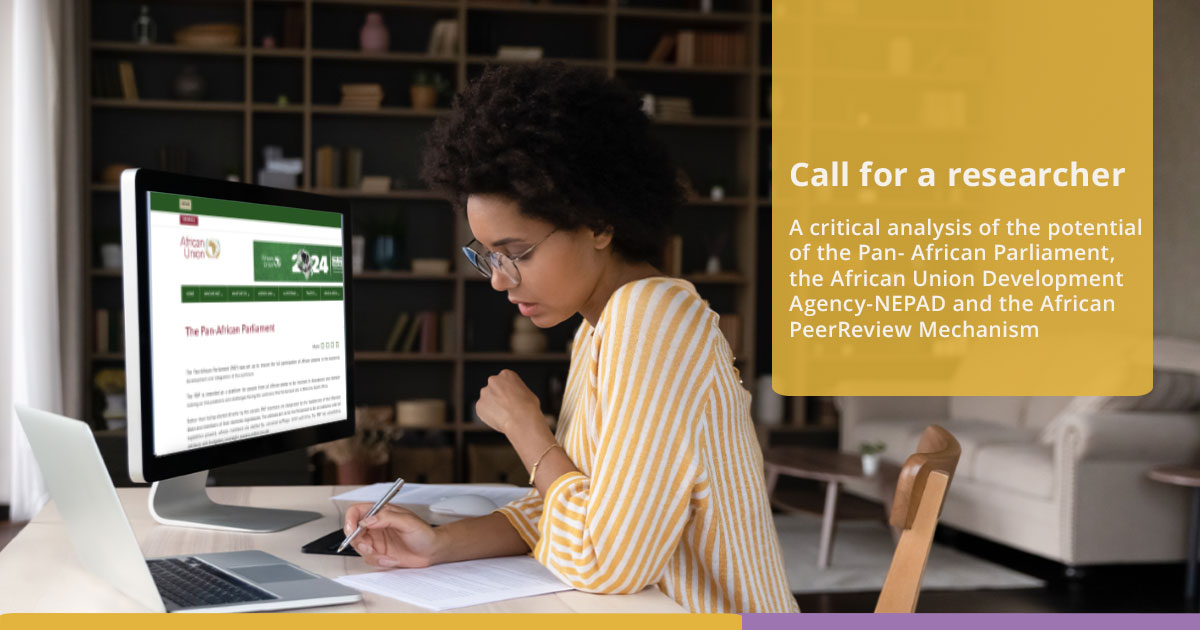
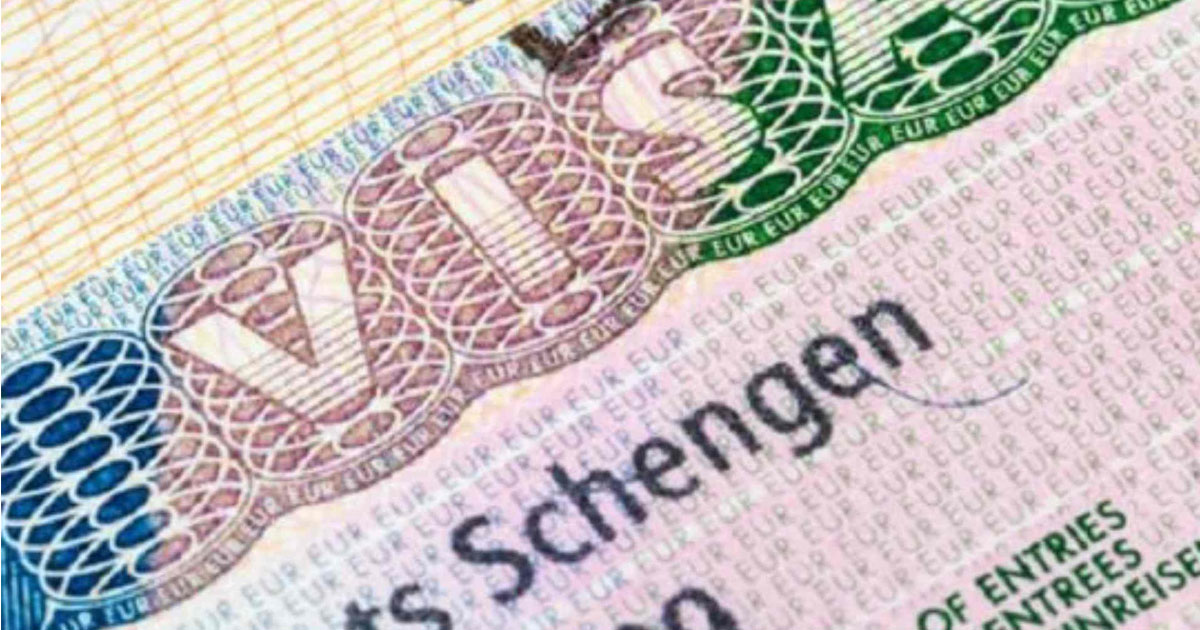

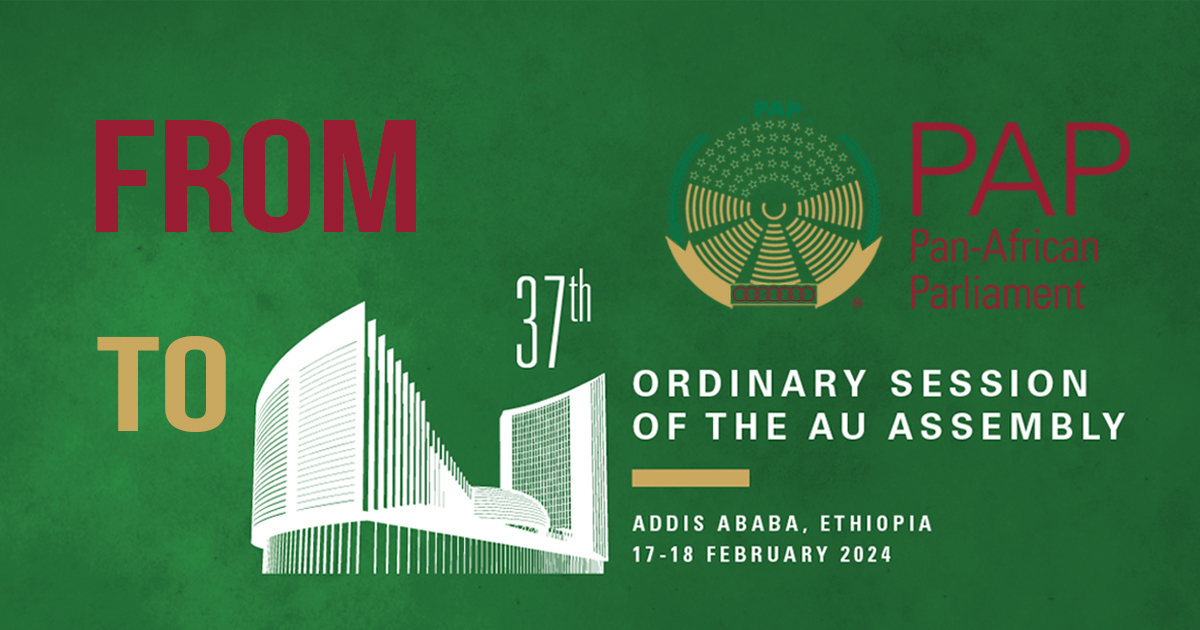
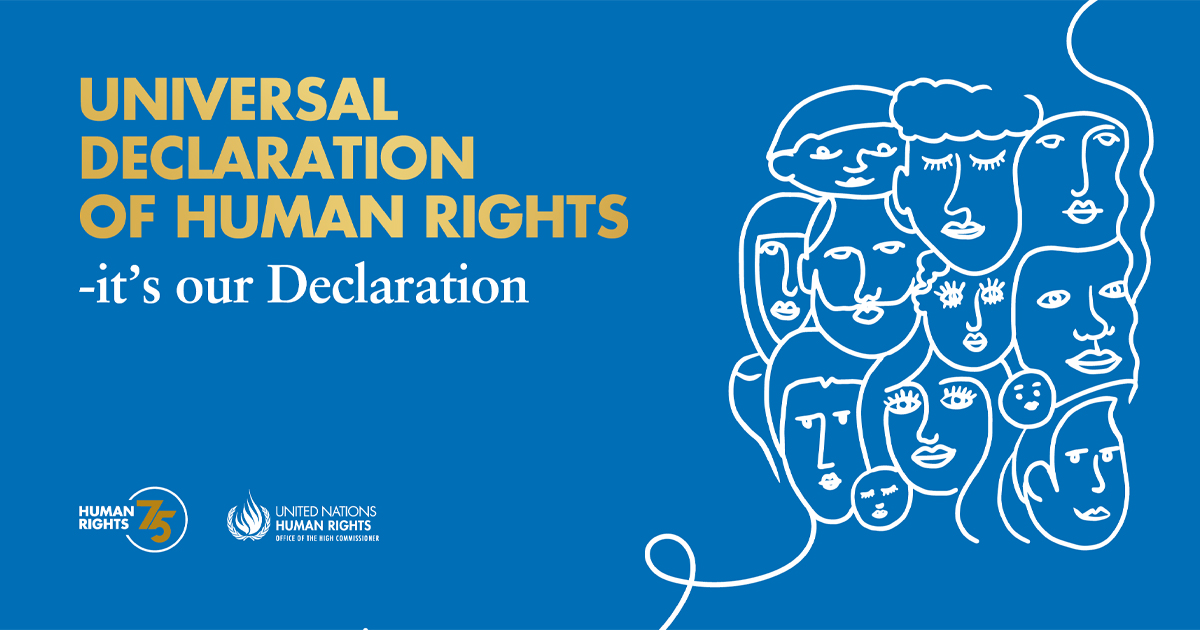
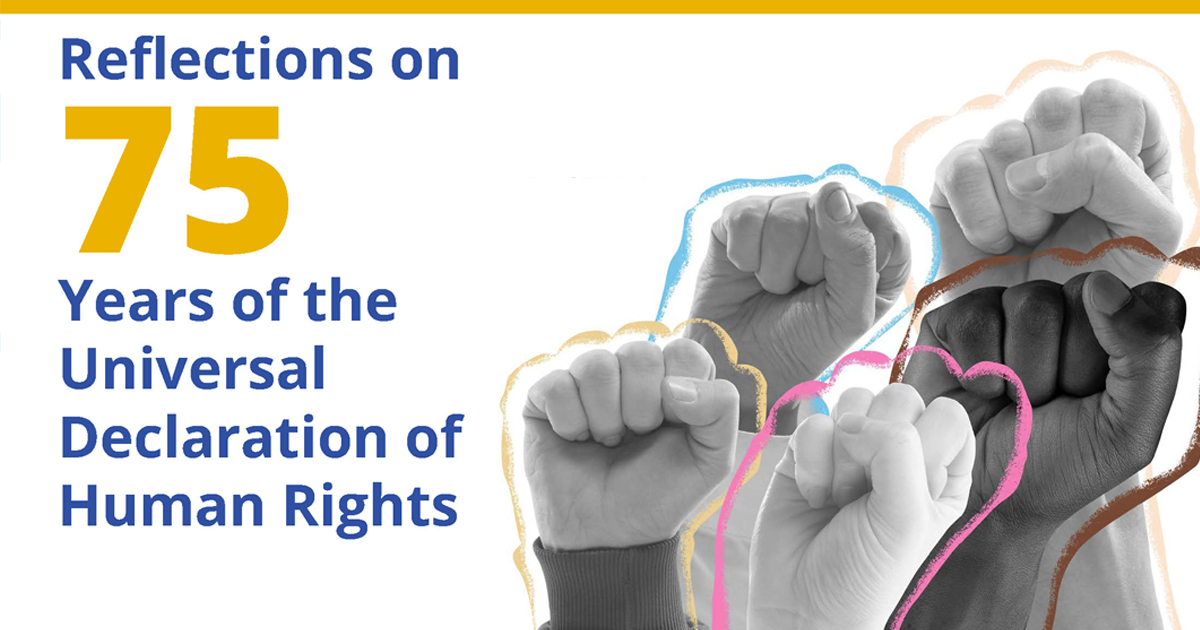
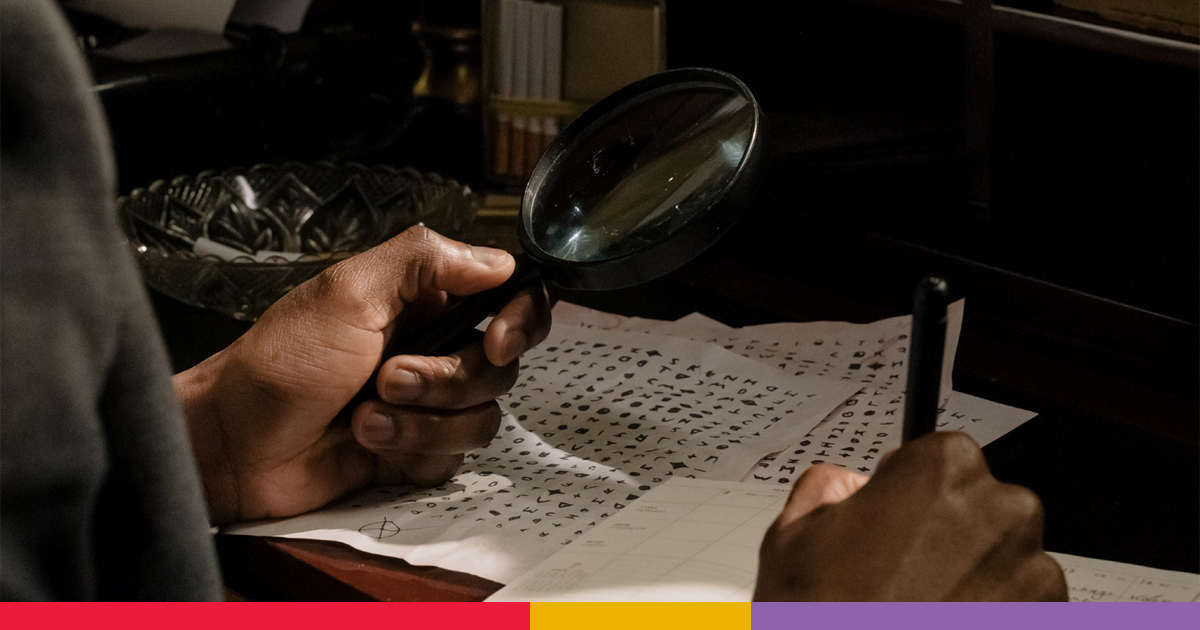
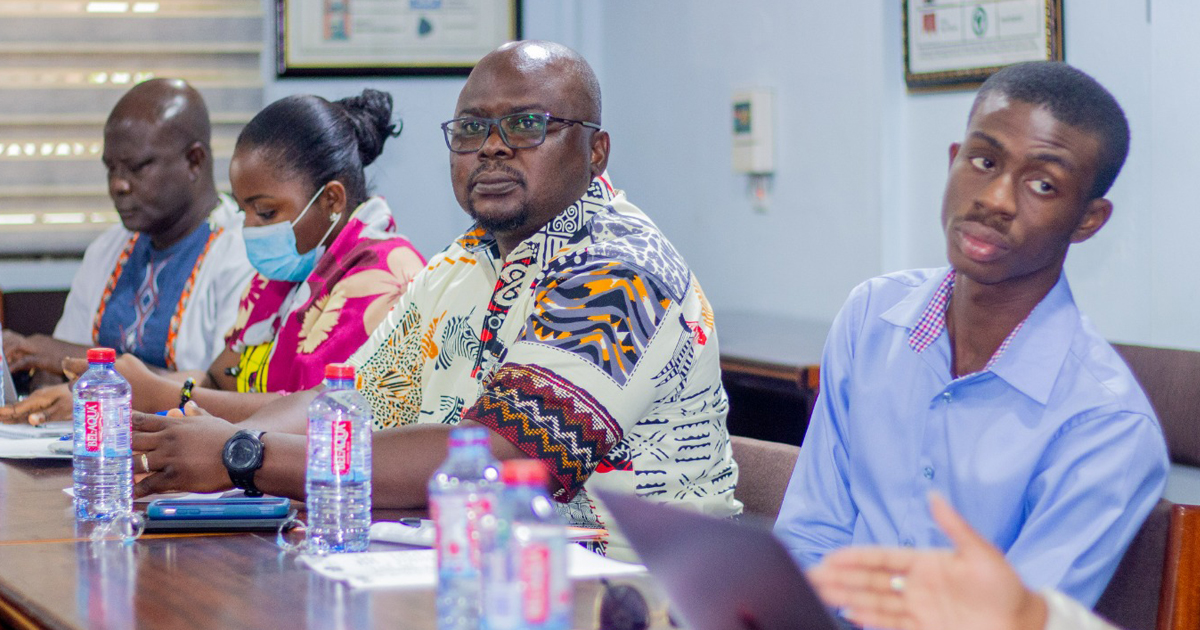
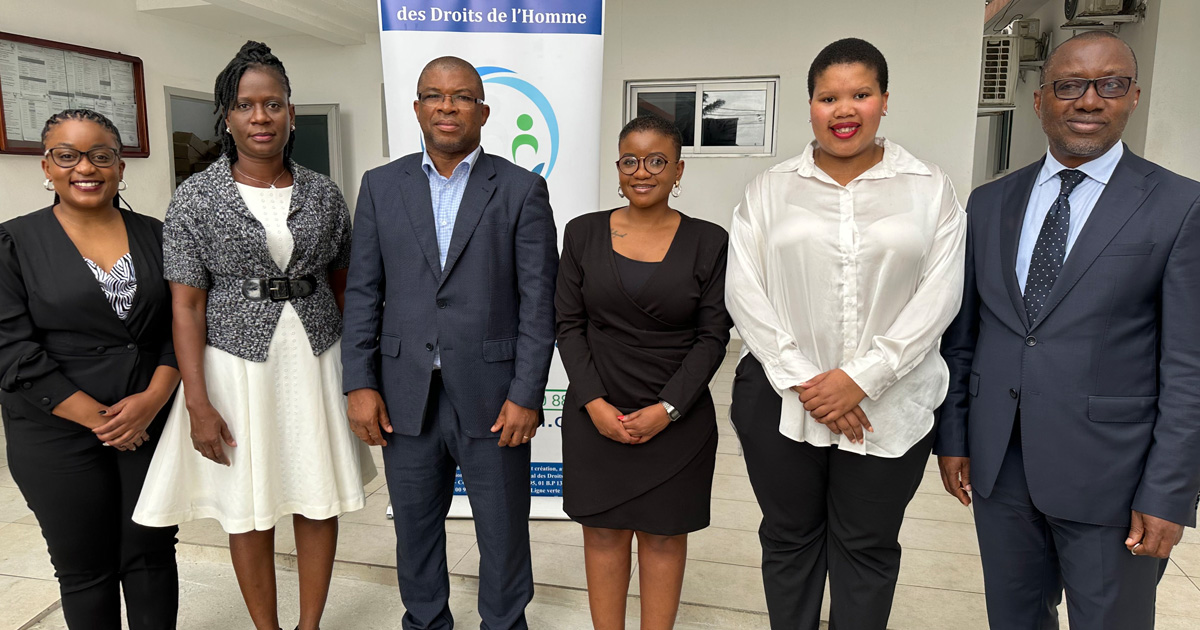
![[In picture:Participants of the Democracy Capacity Building Workshop ]](/images/researchunits/dce/news/images/democracy-capacity-18-july.jpg)
